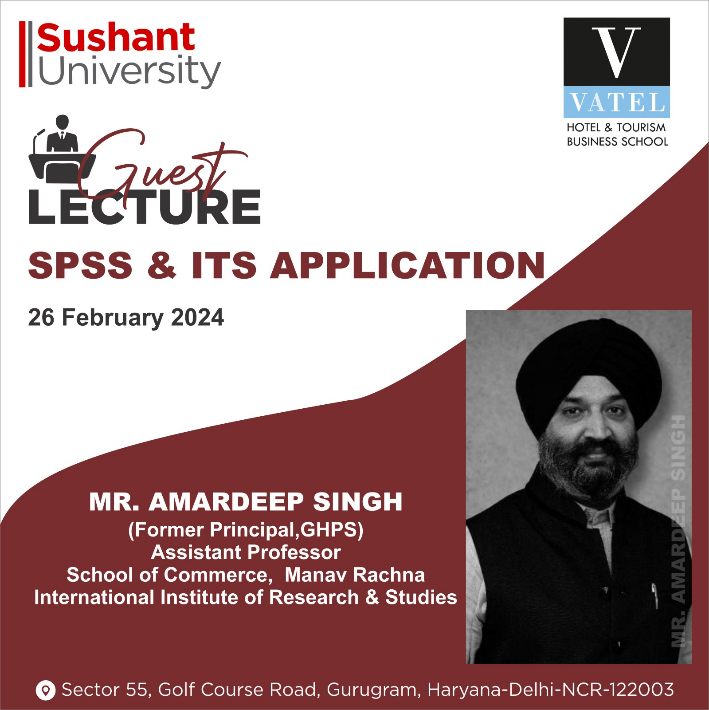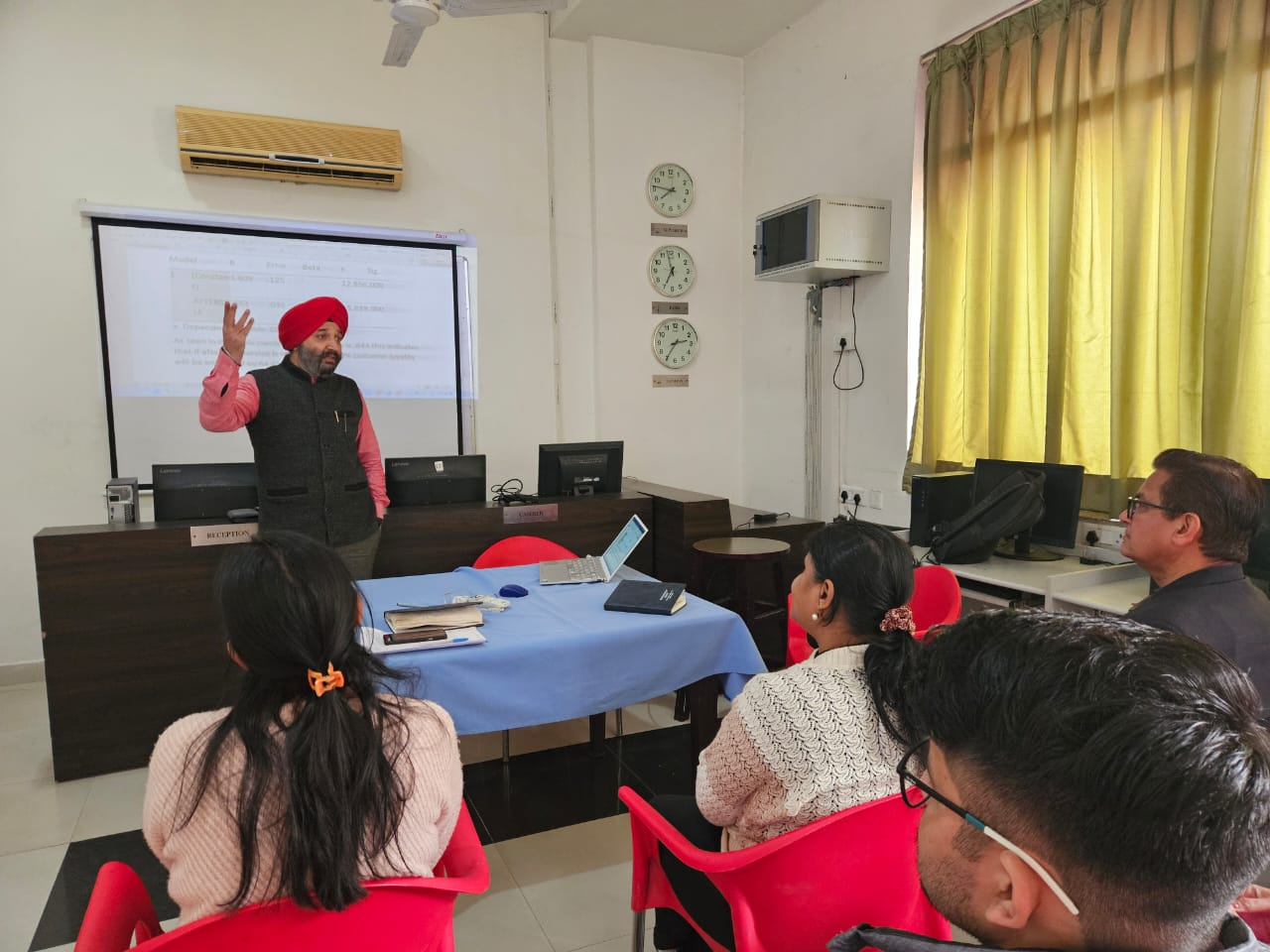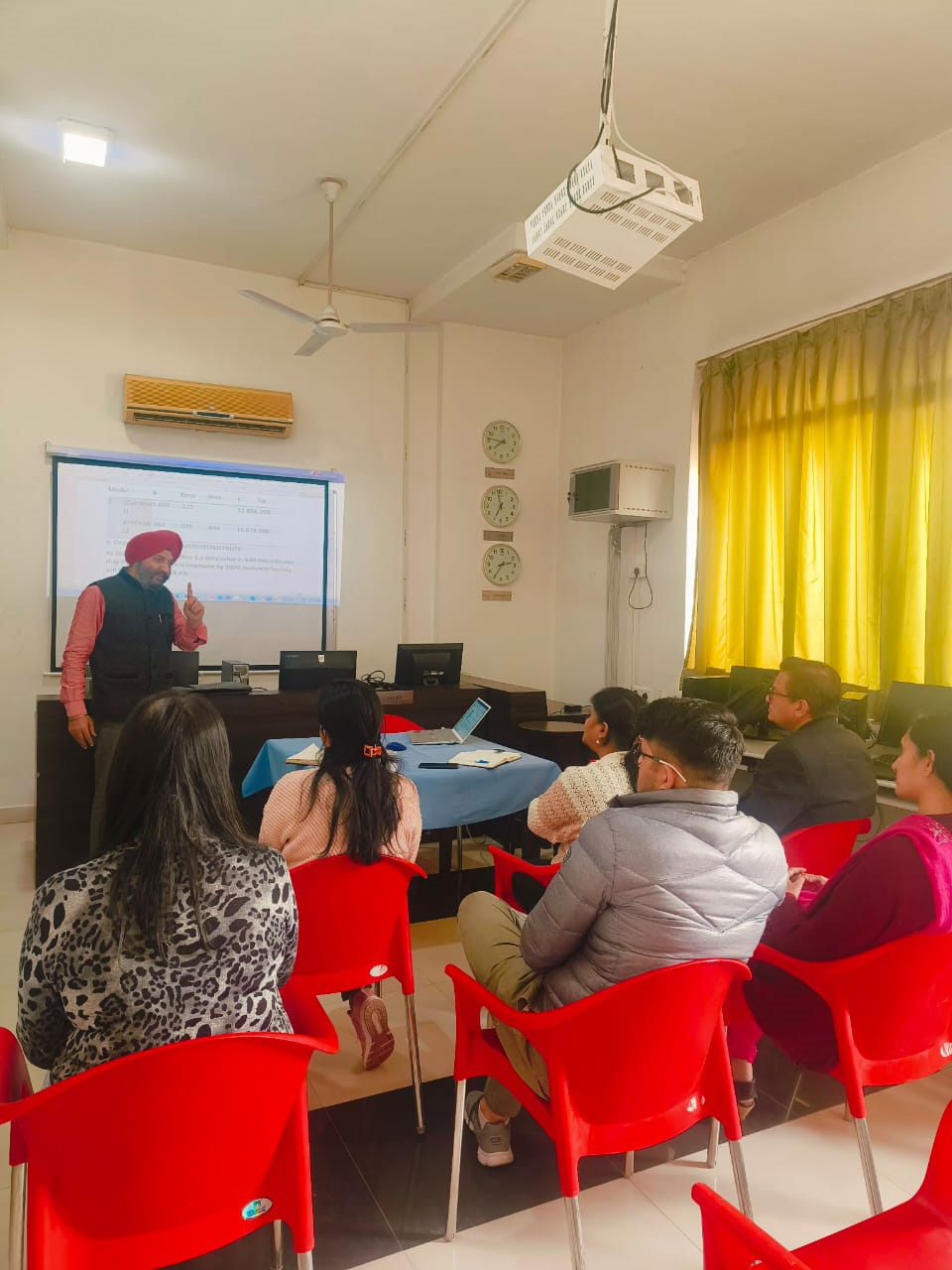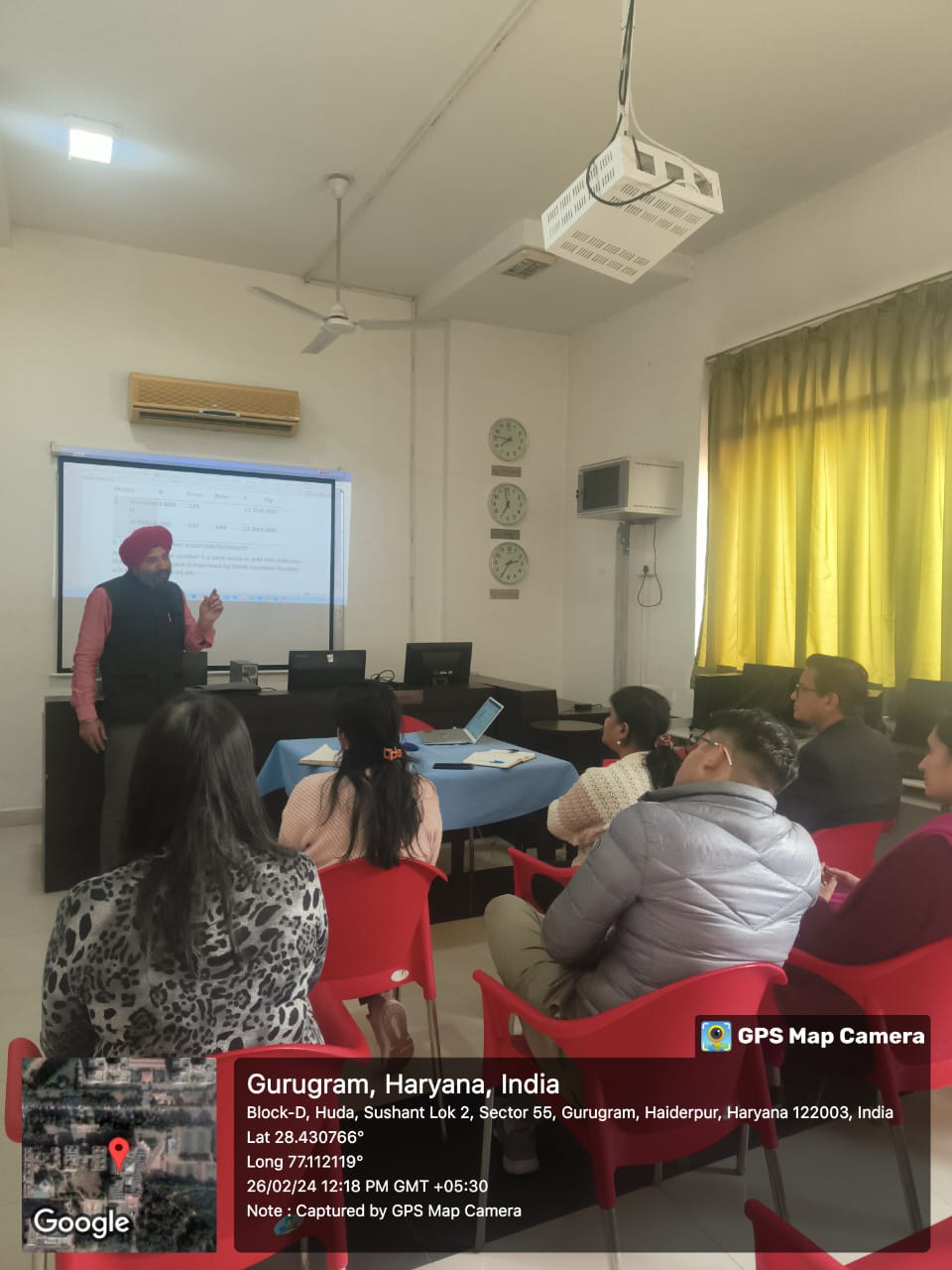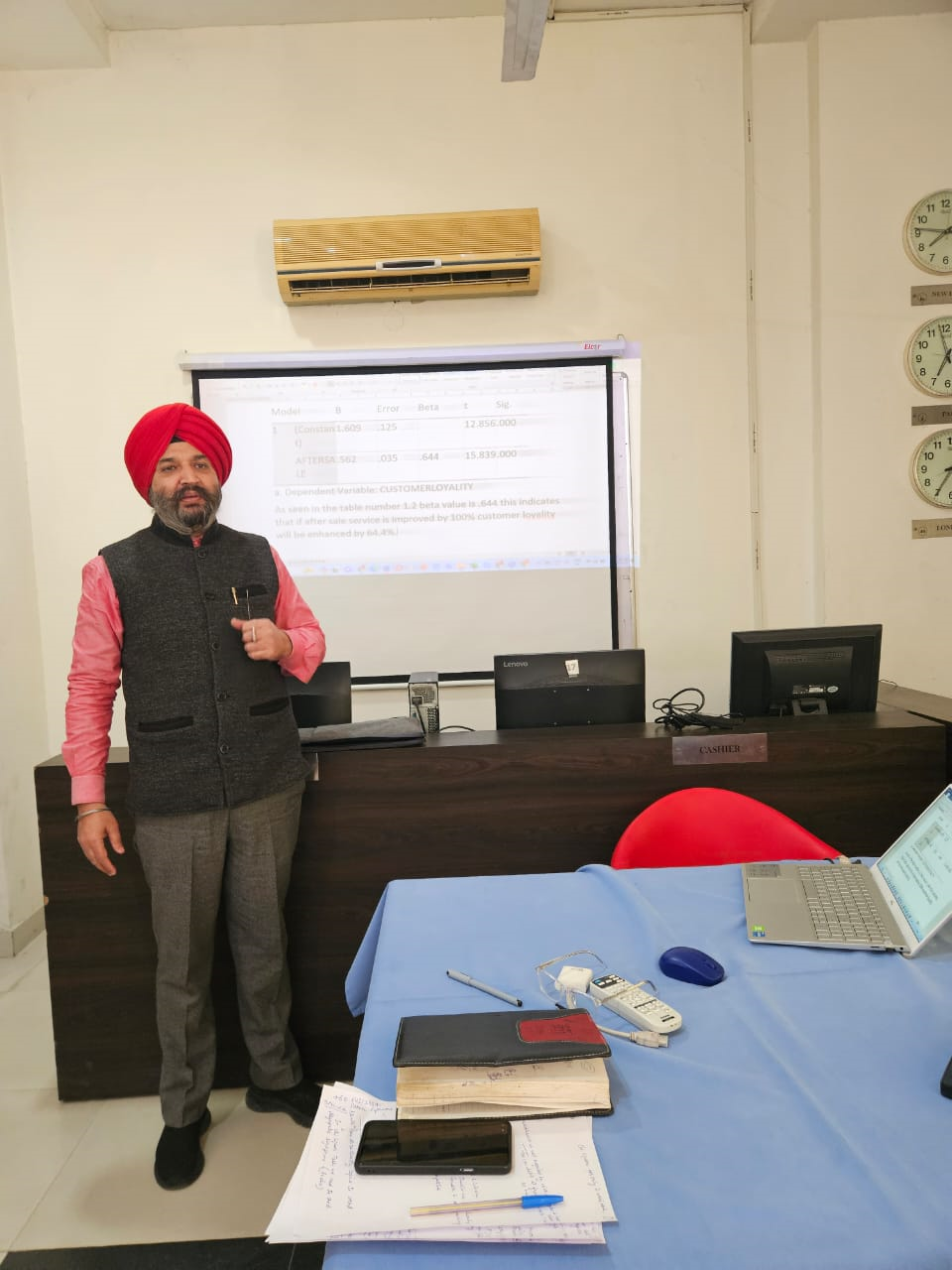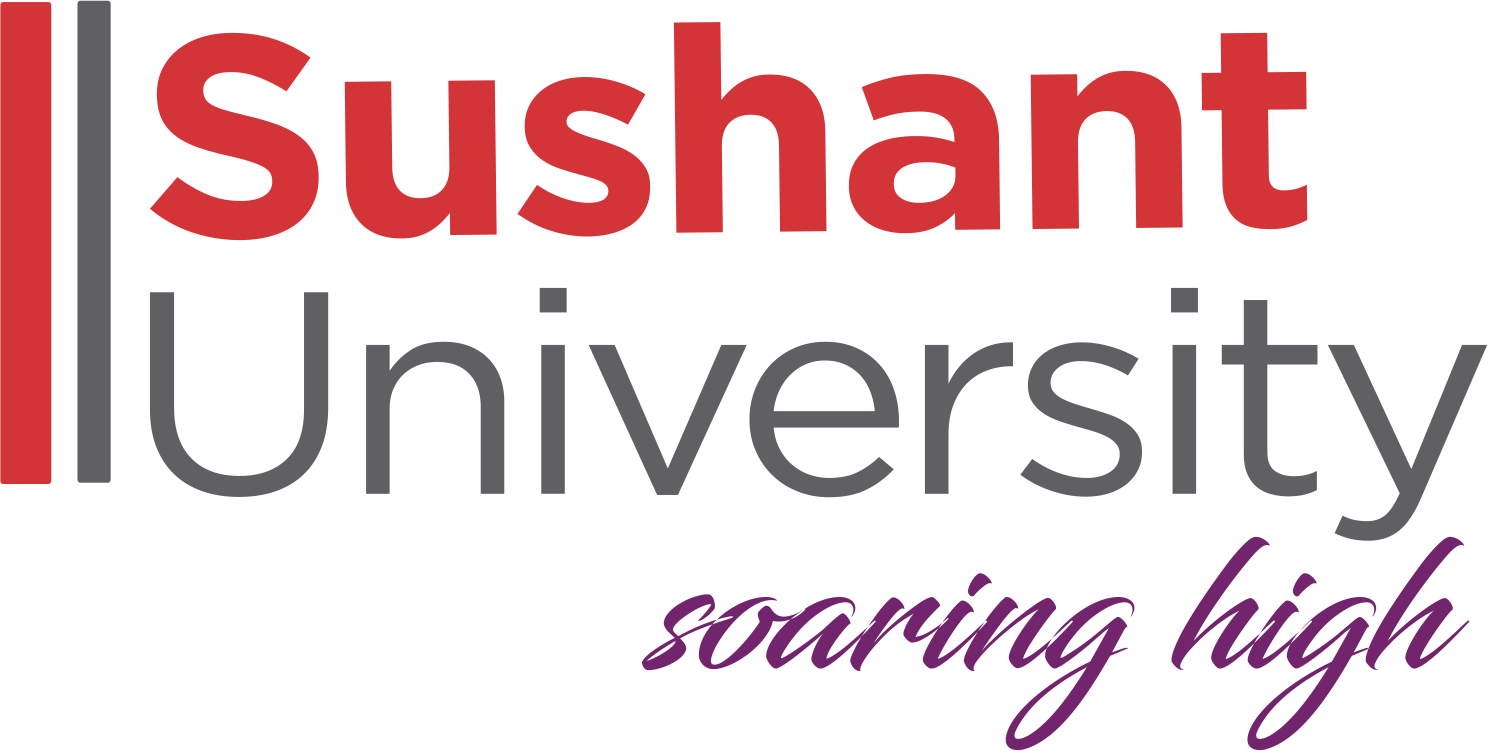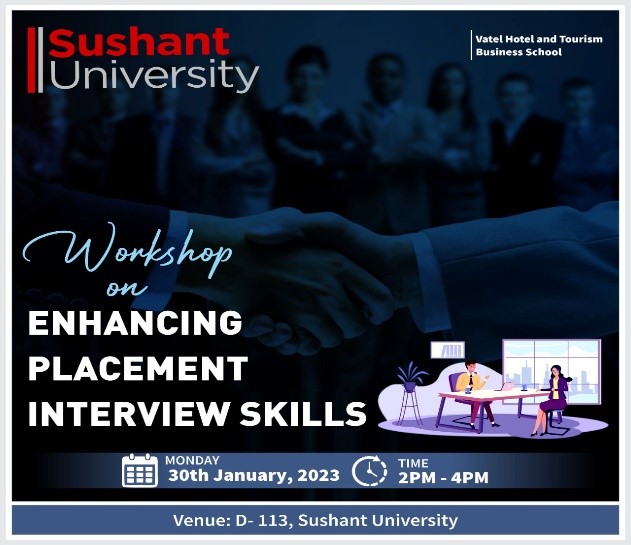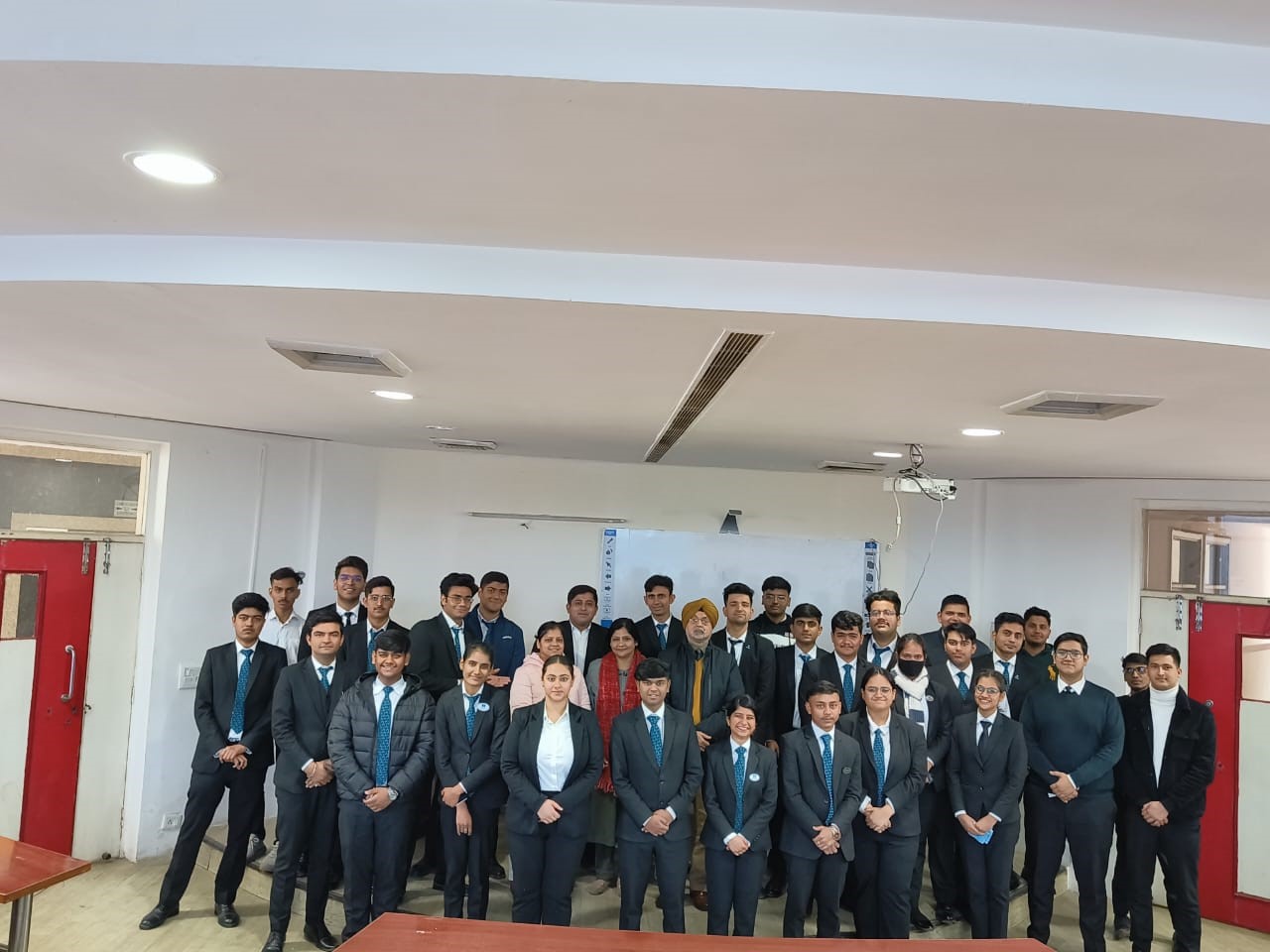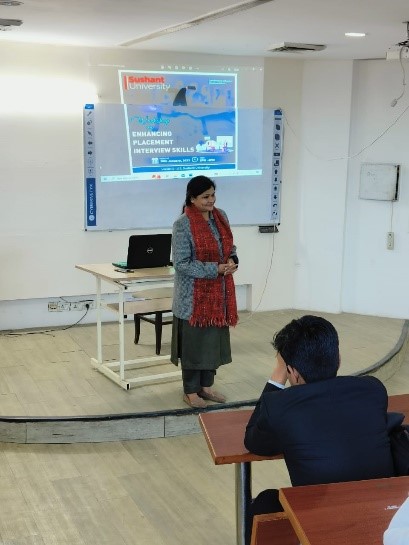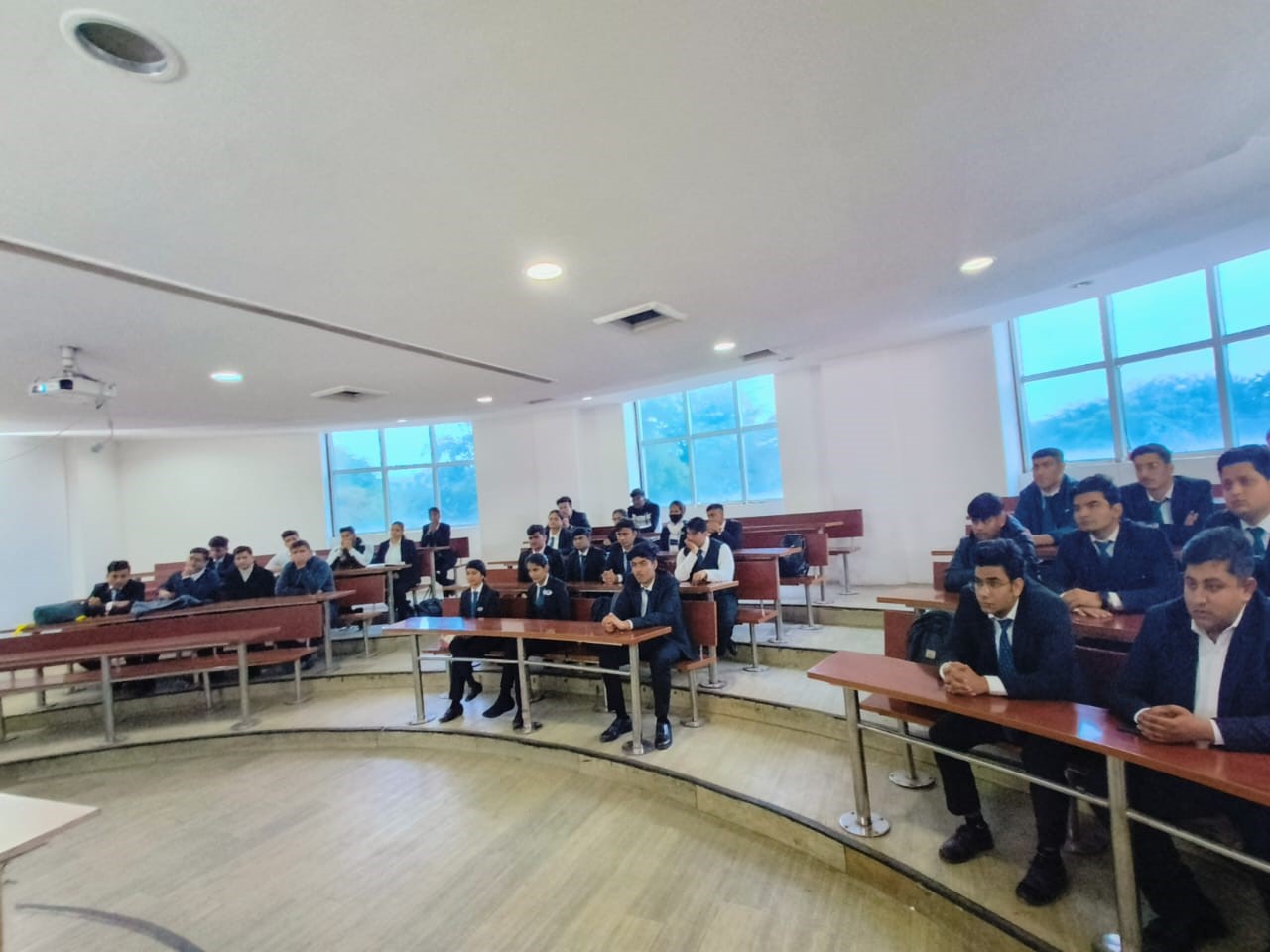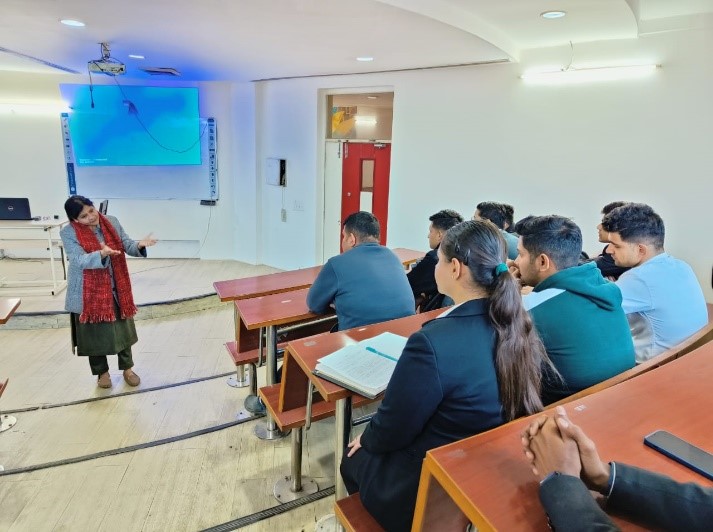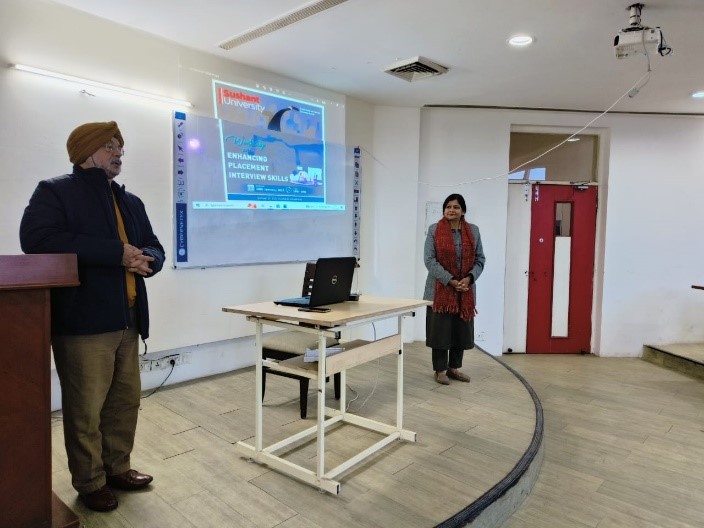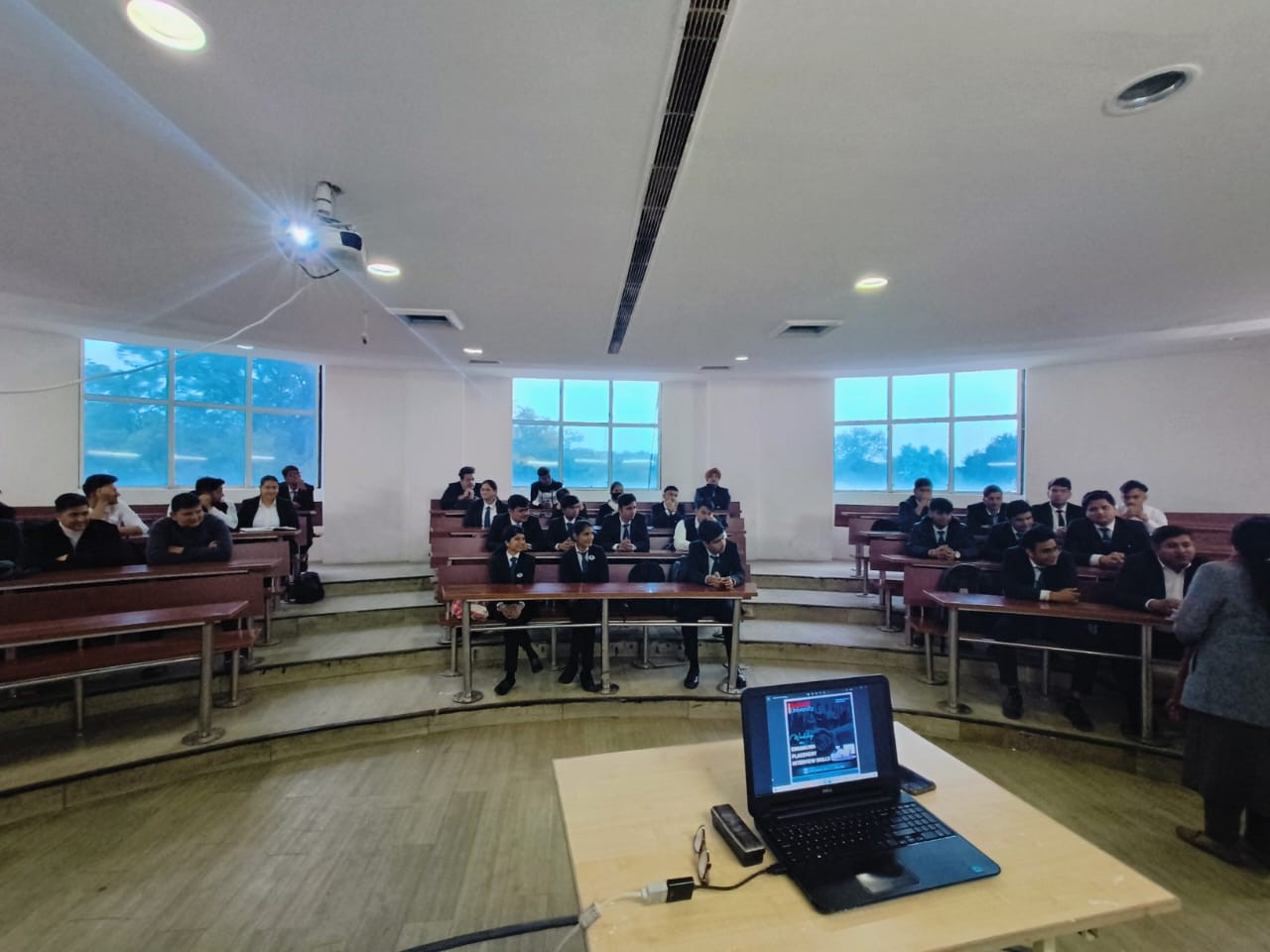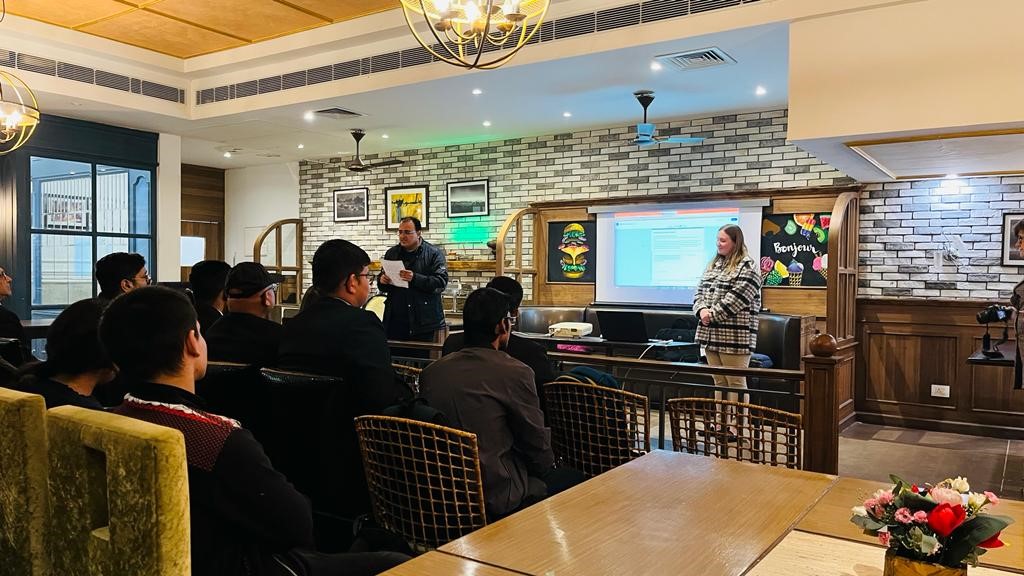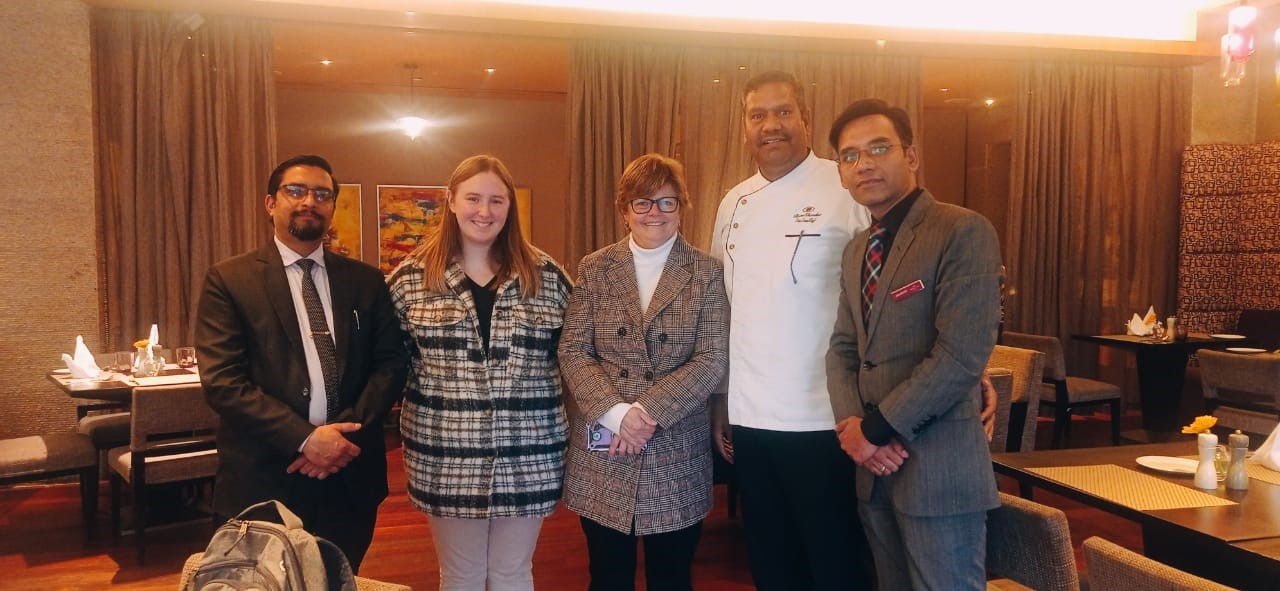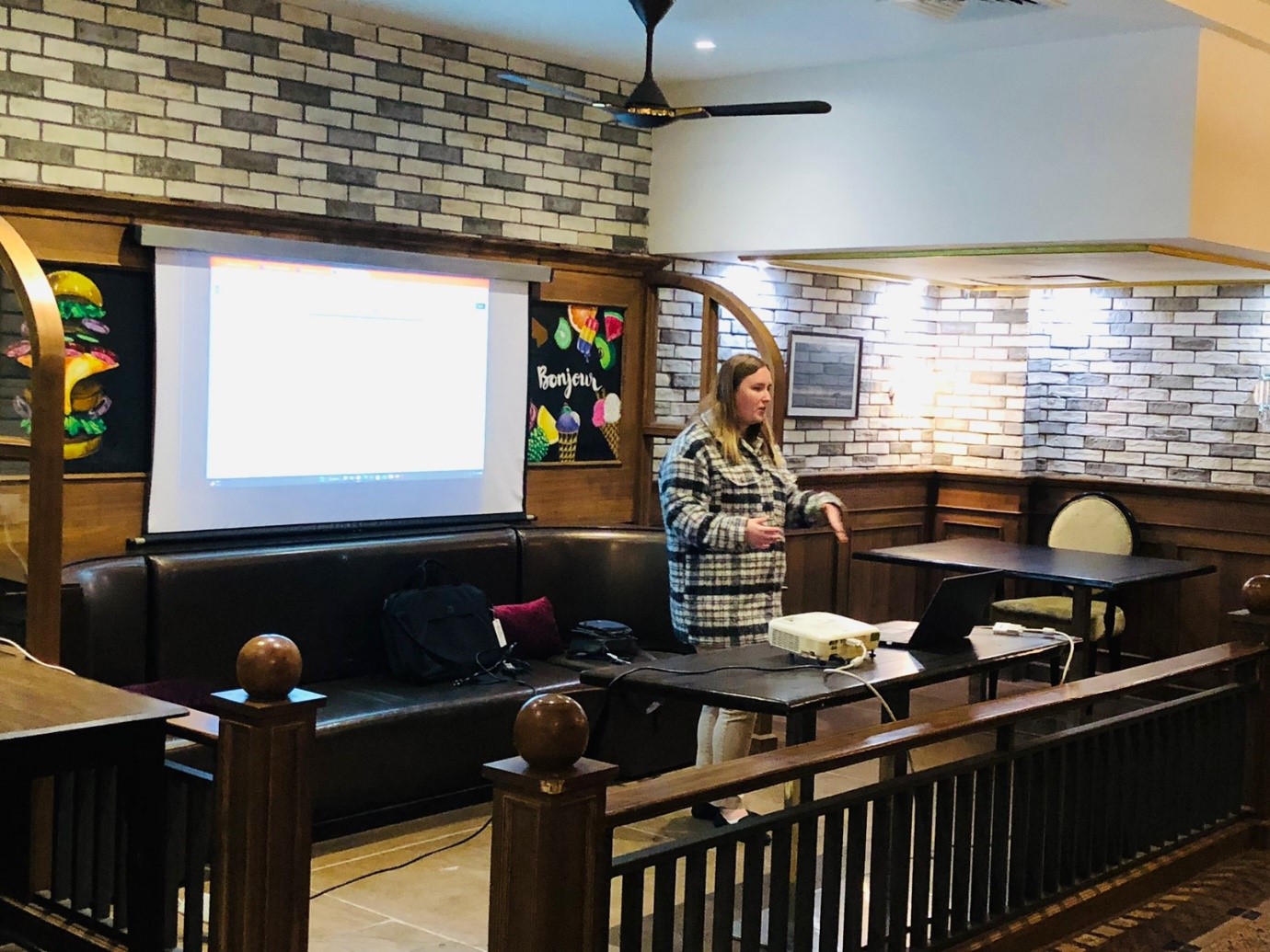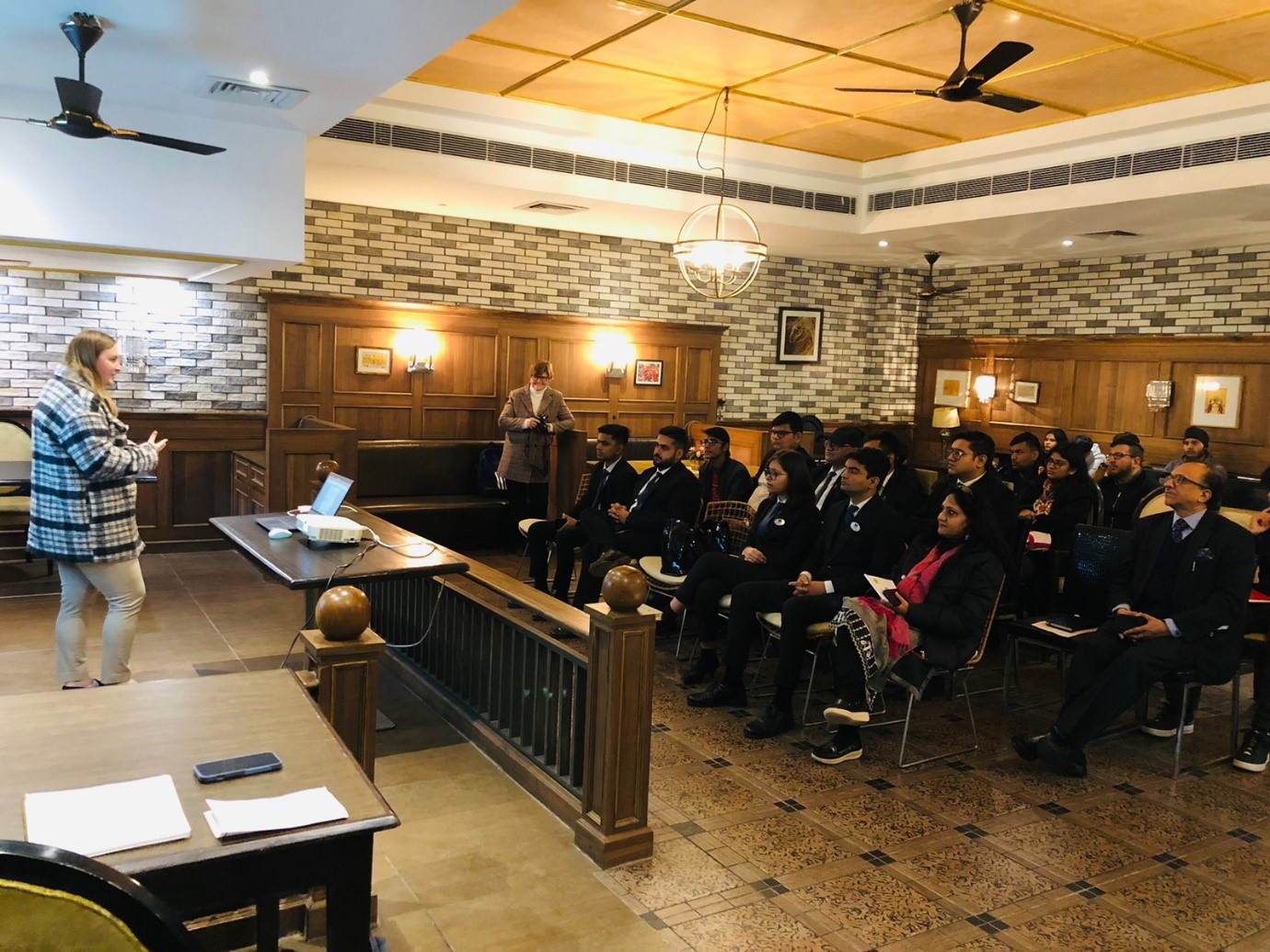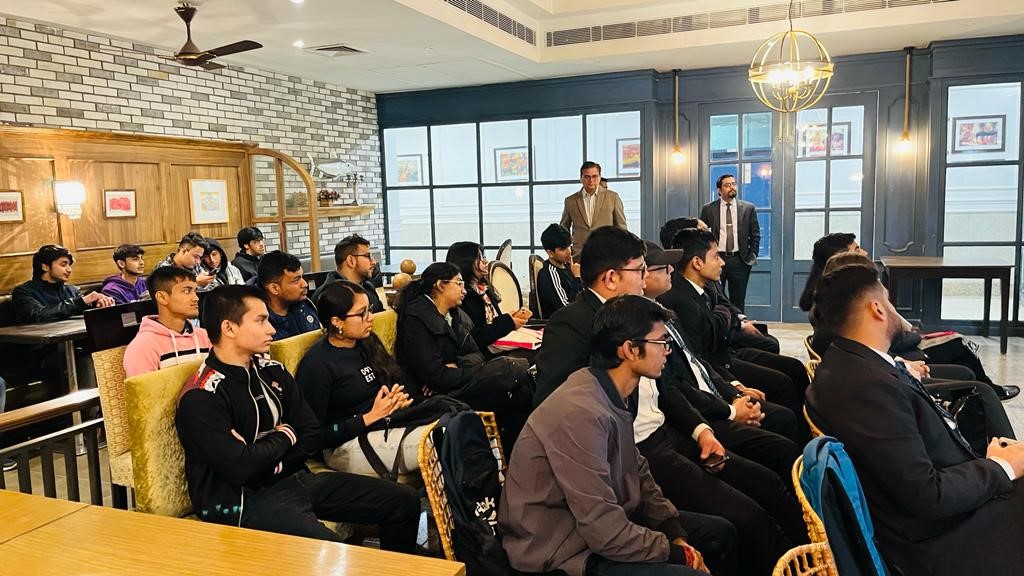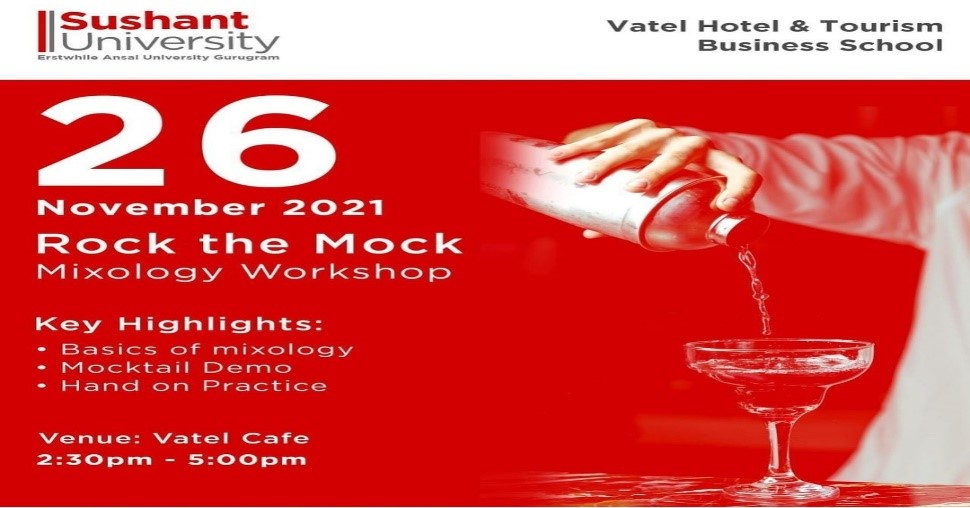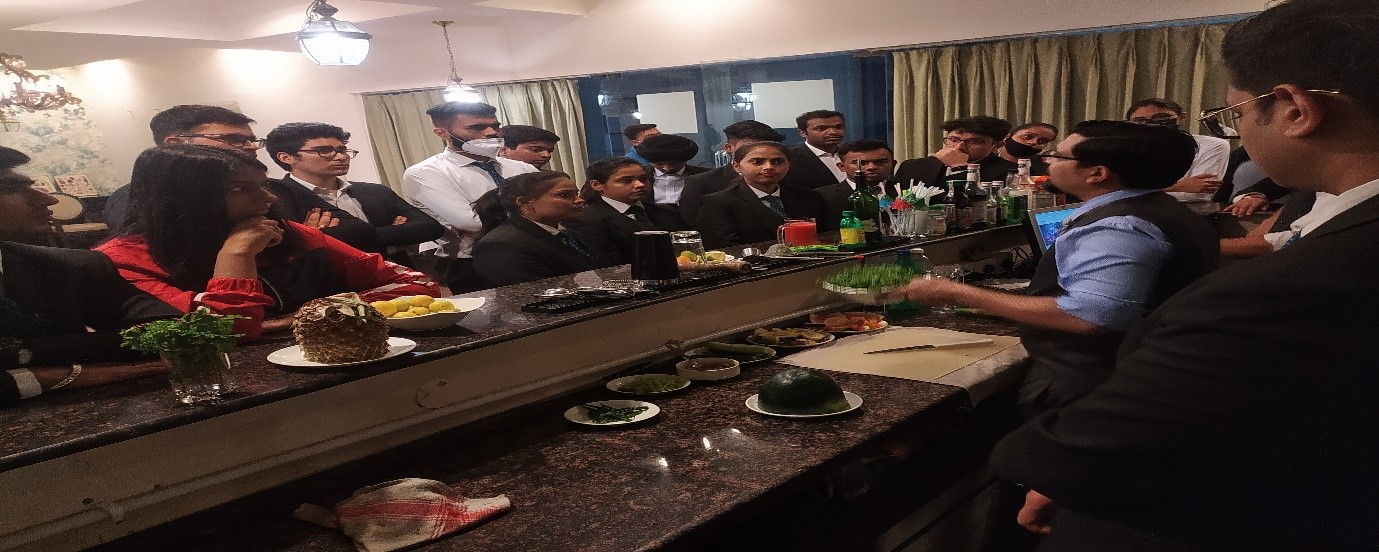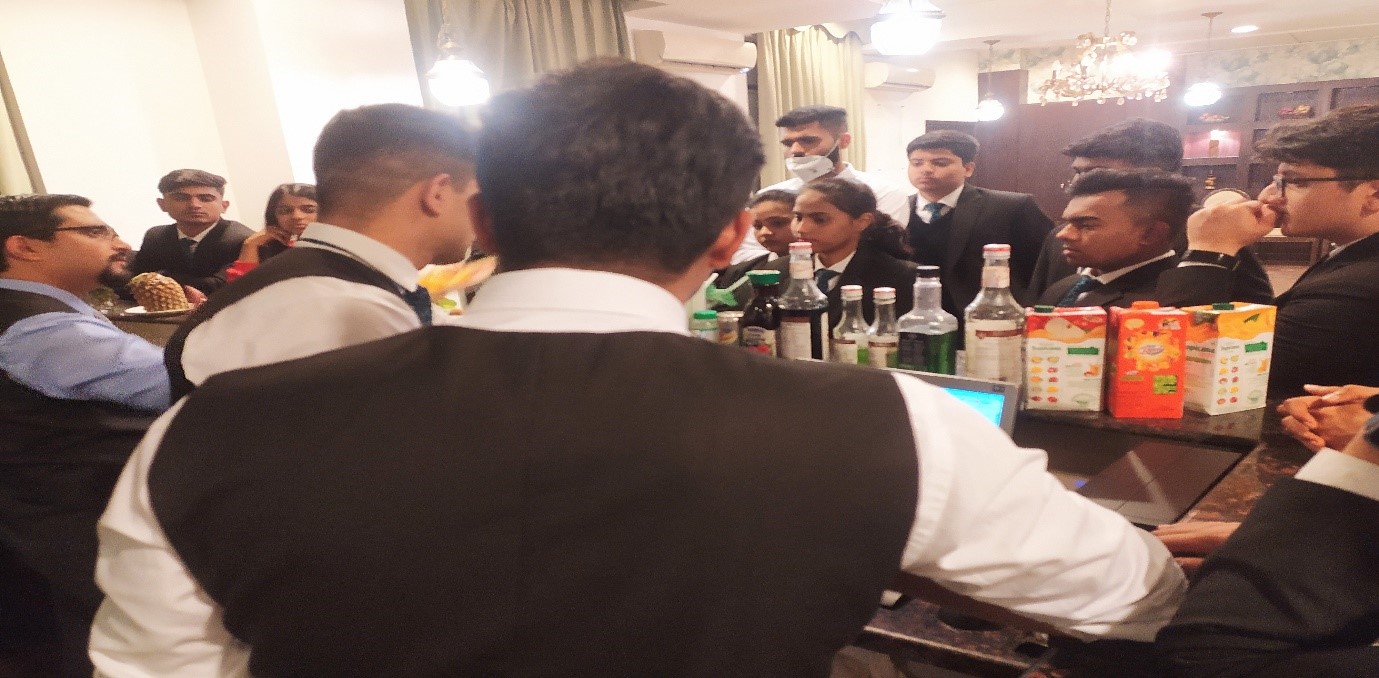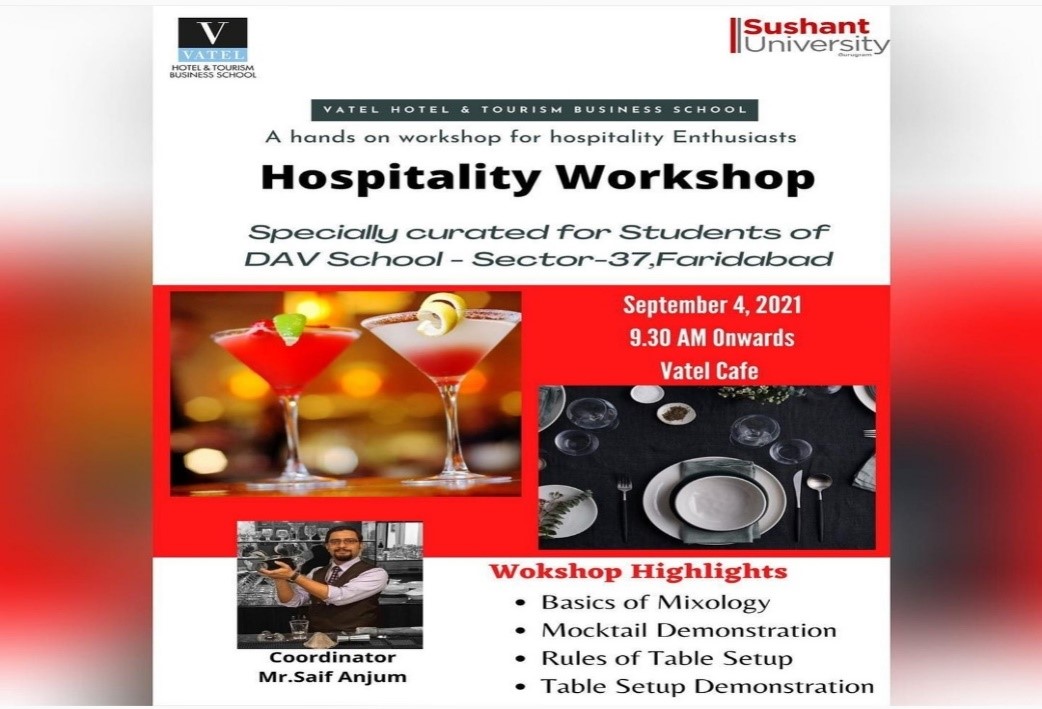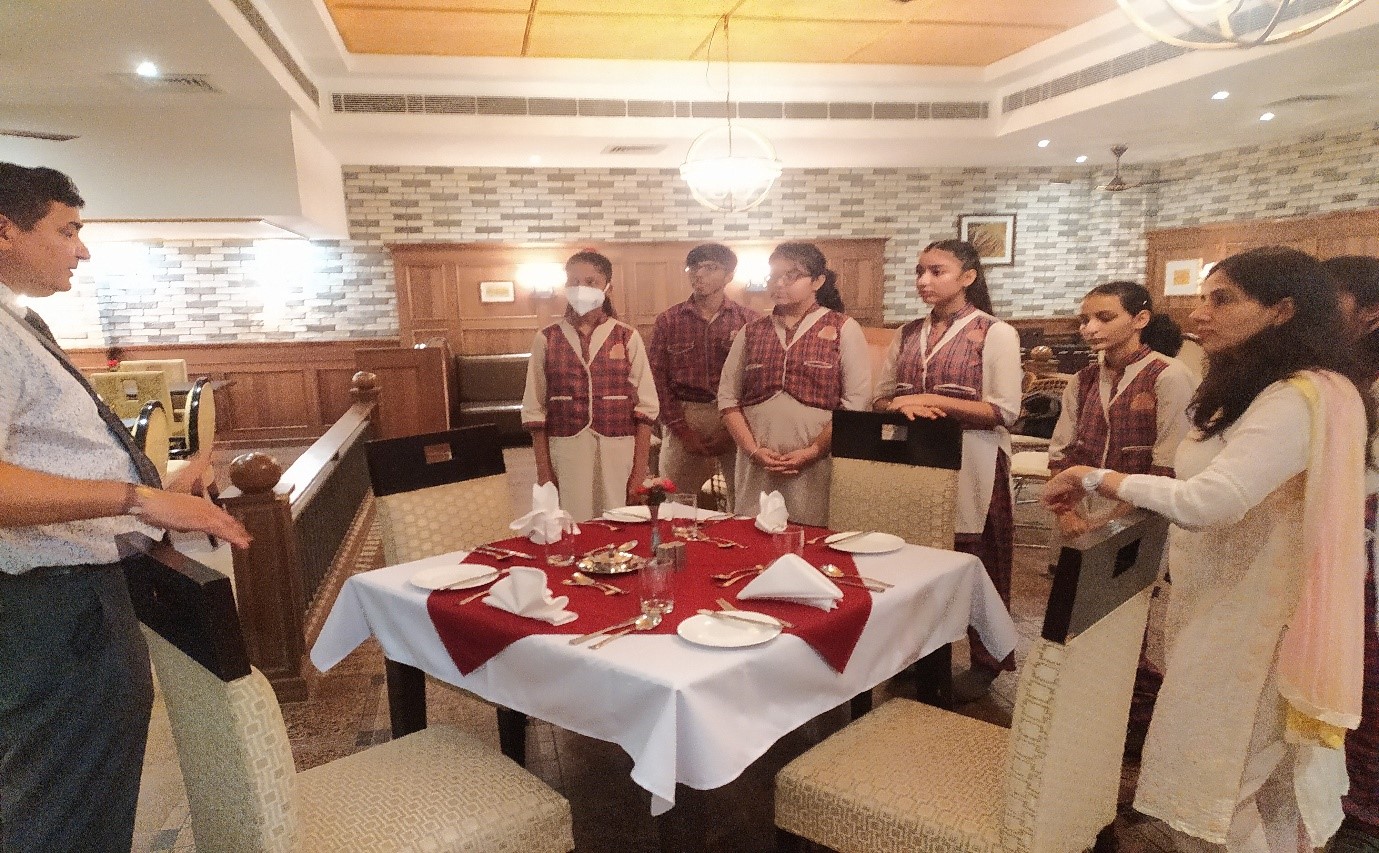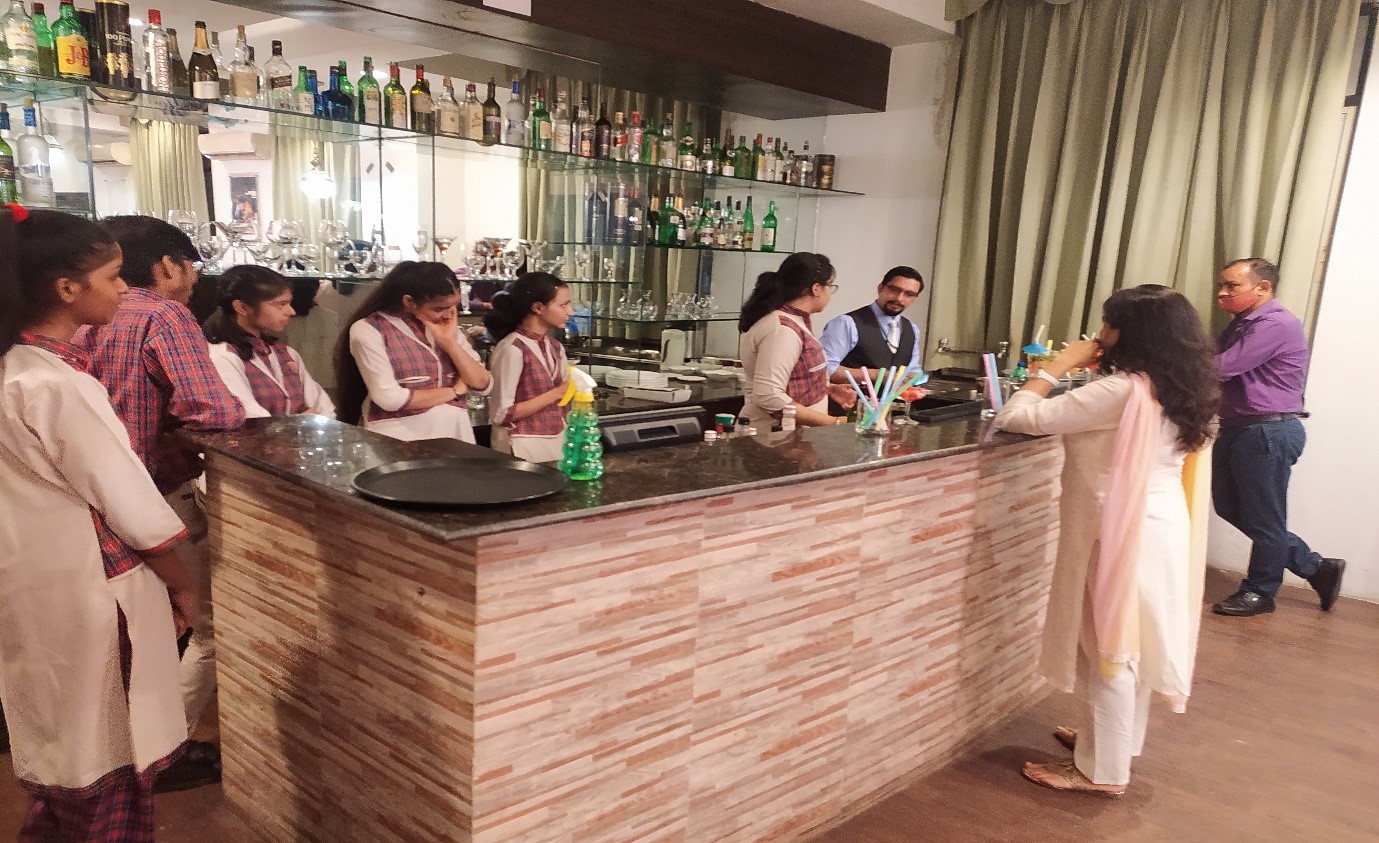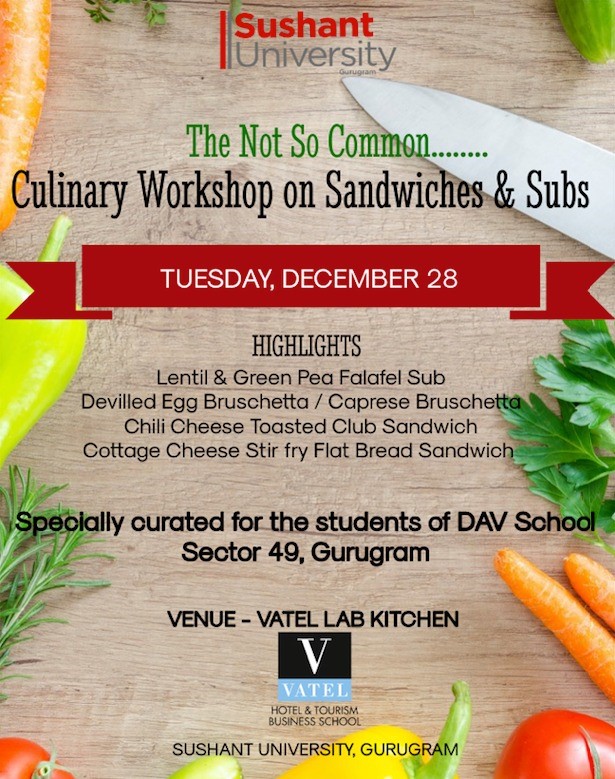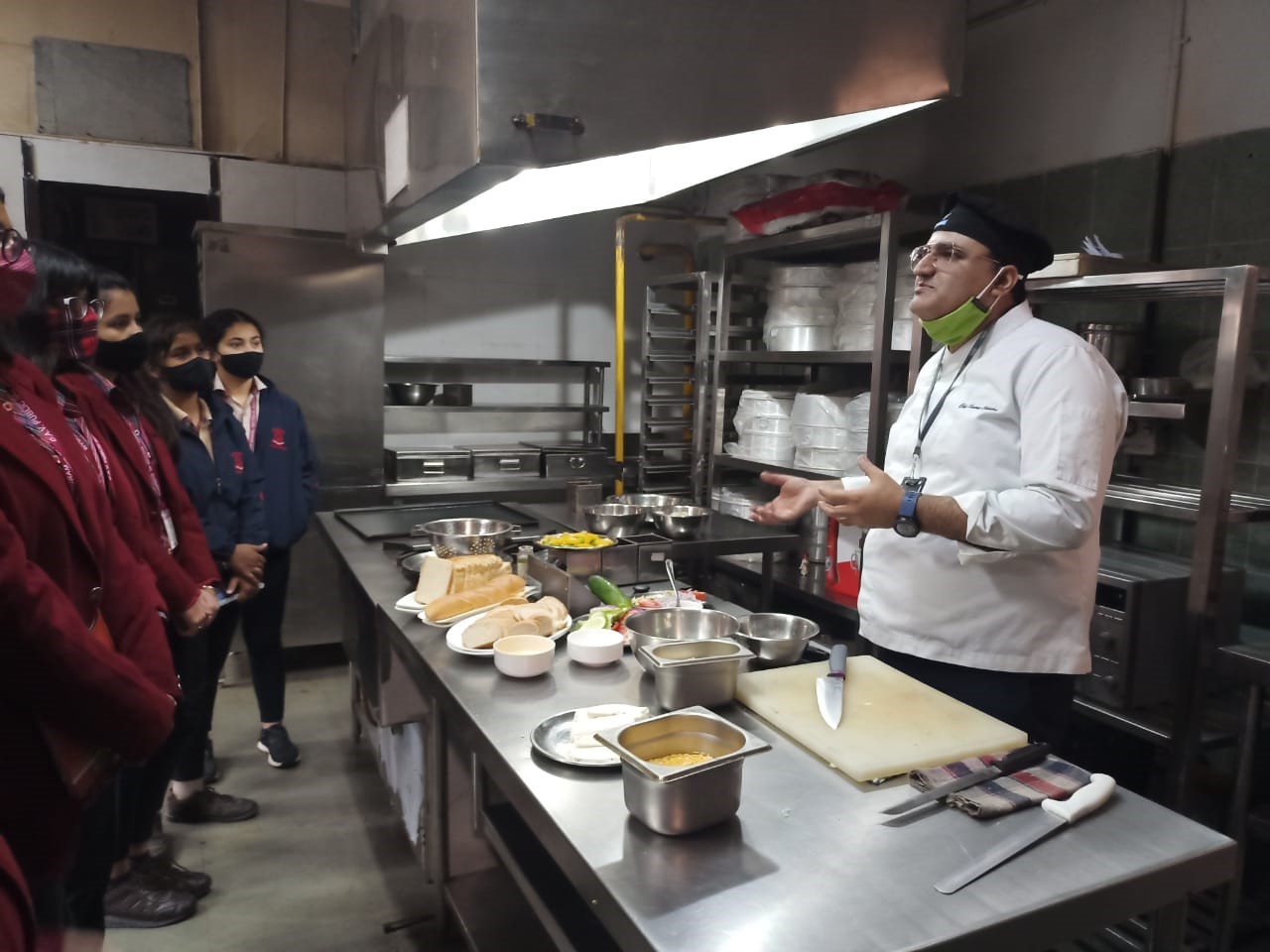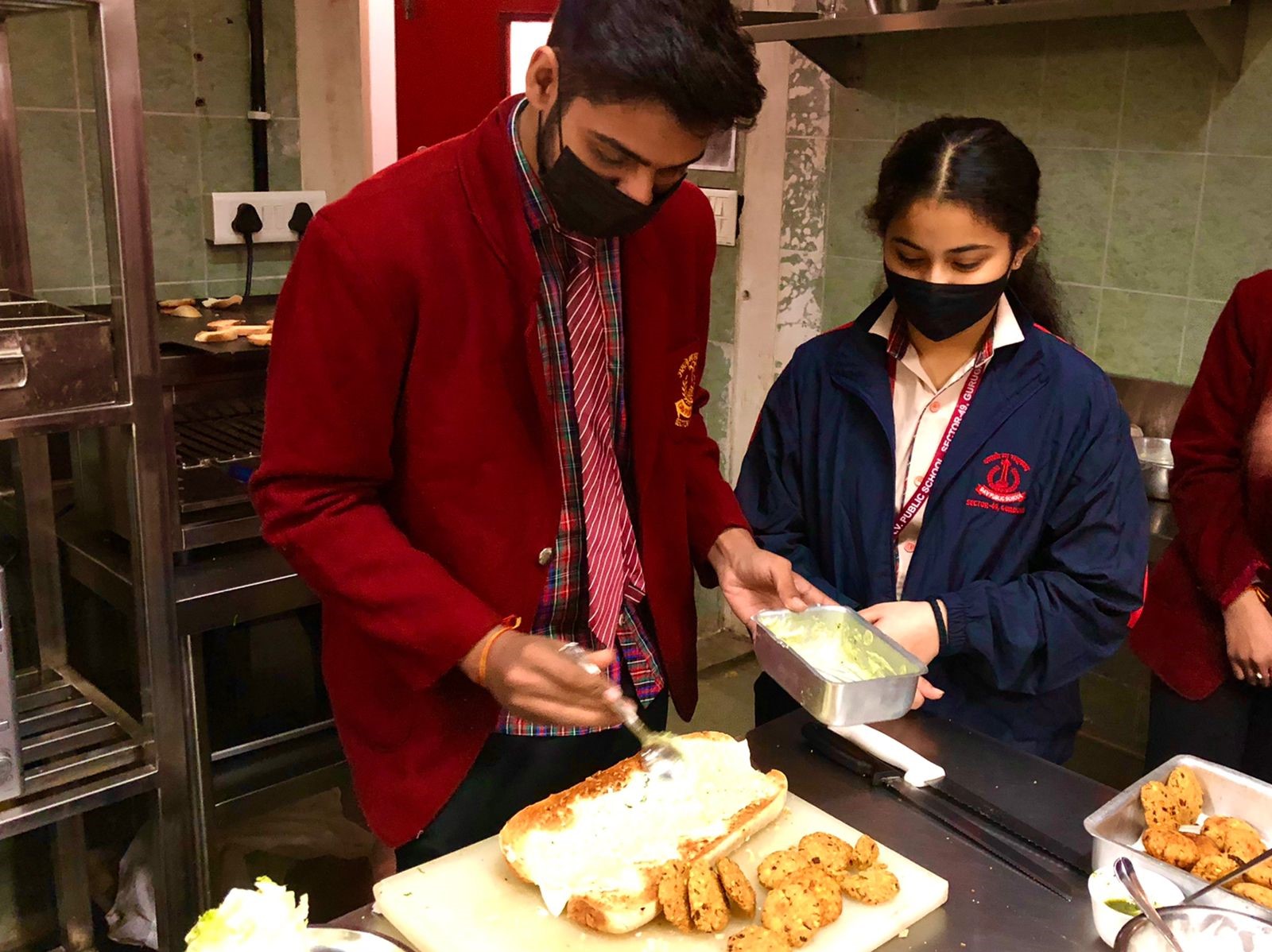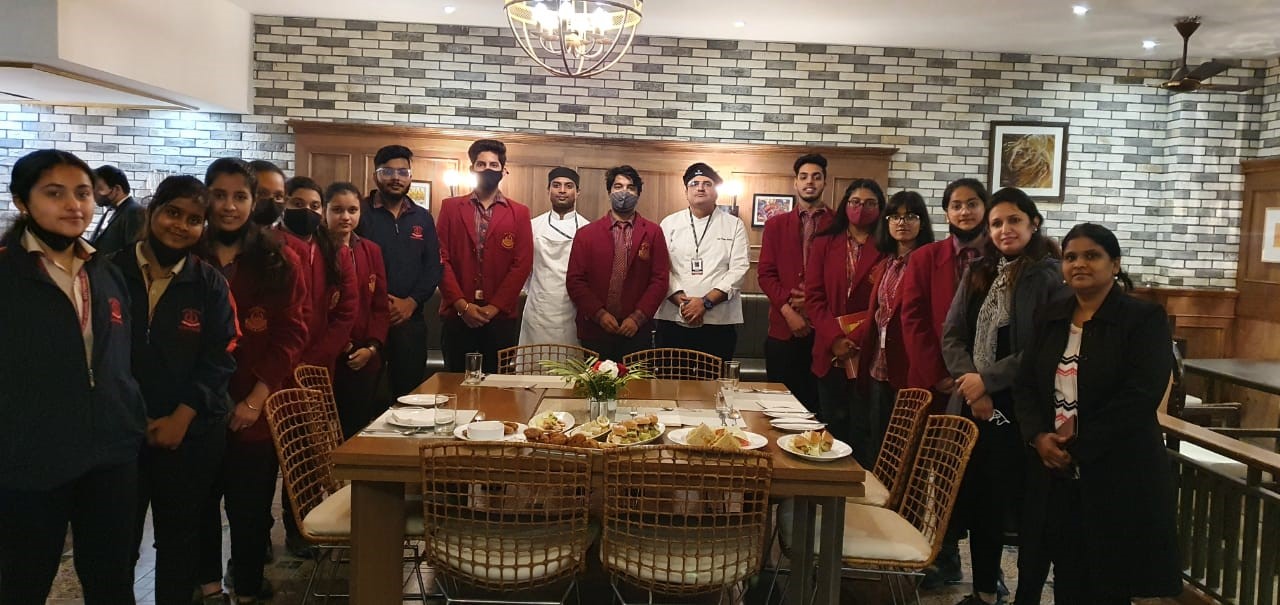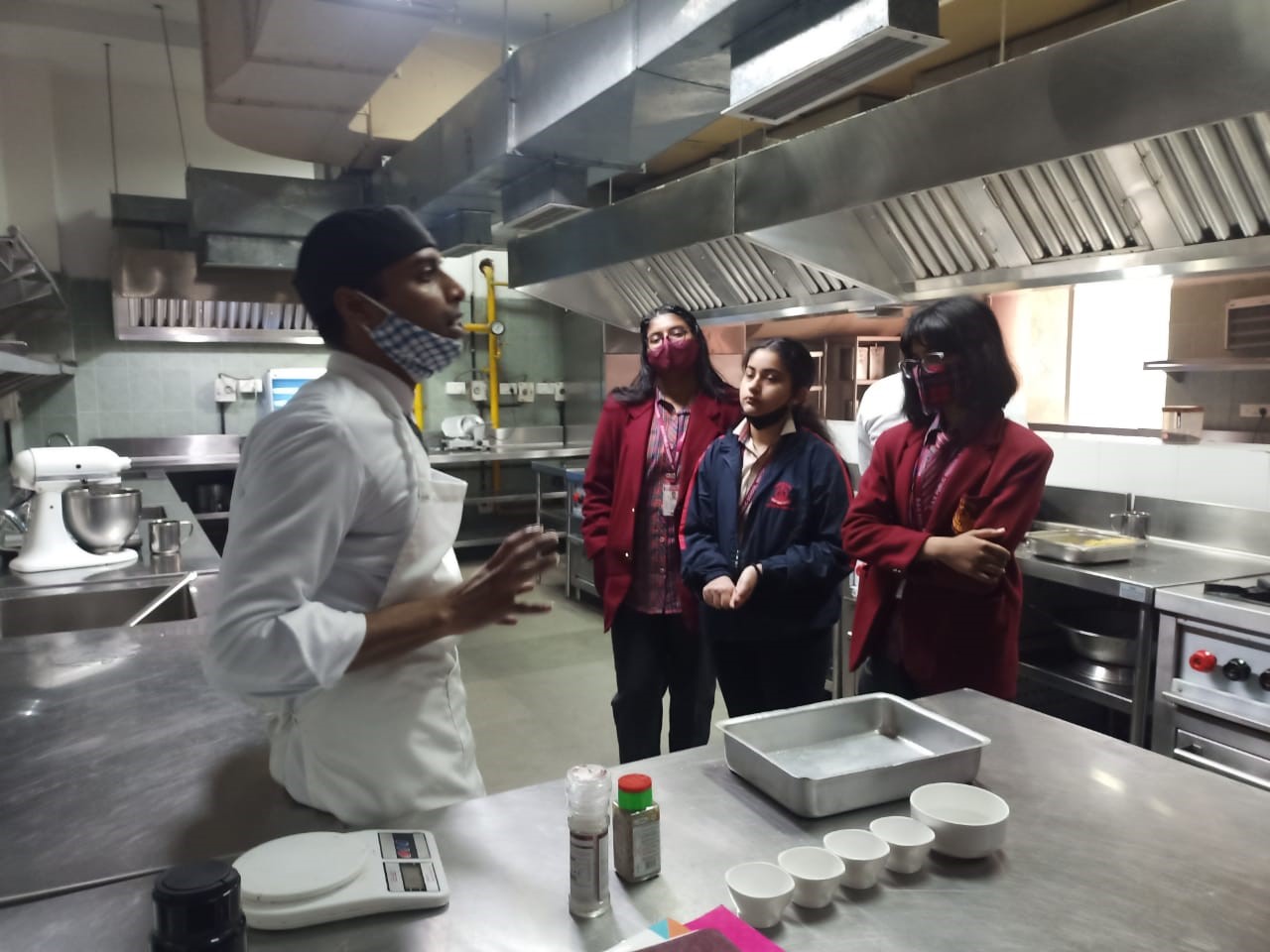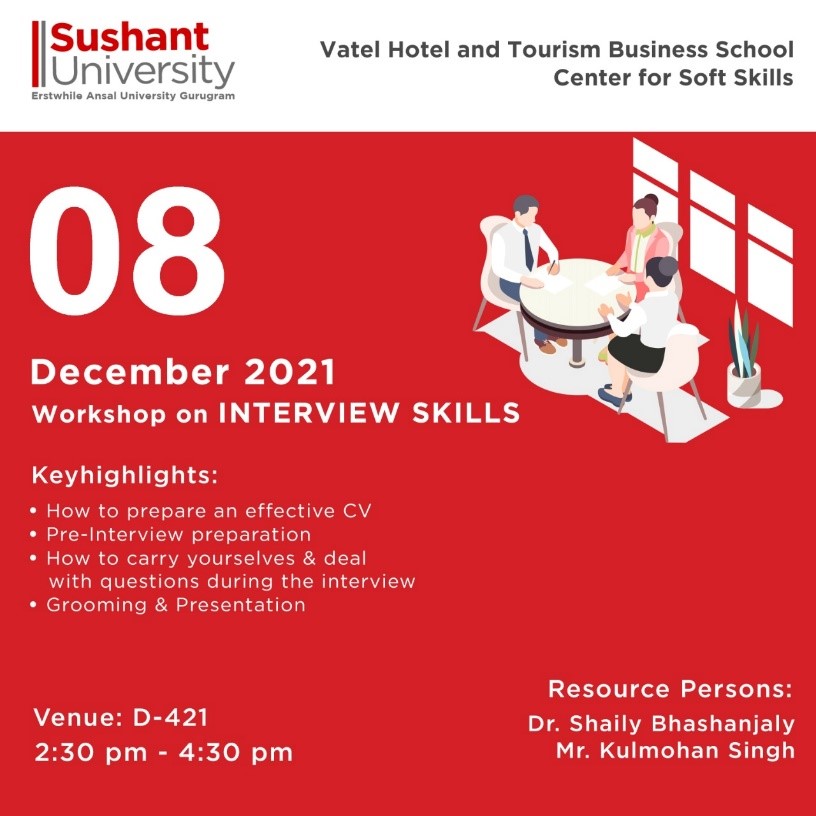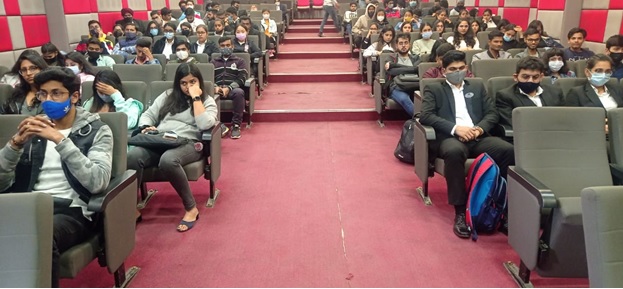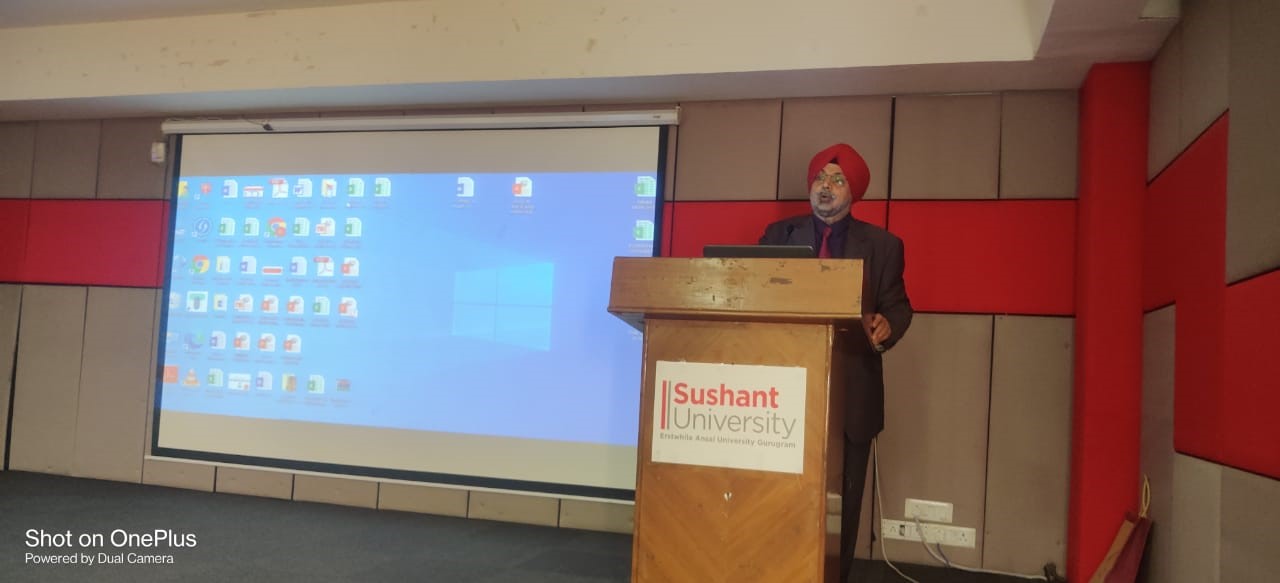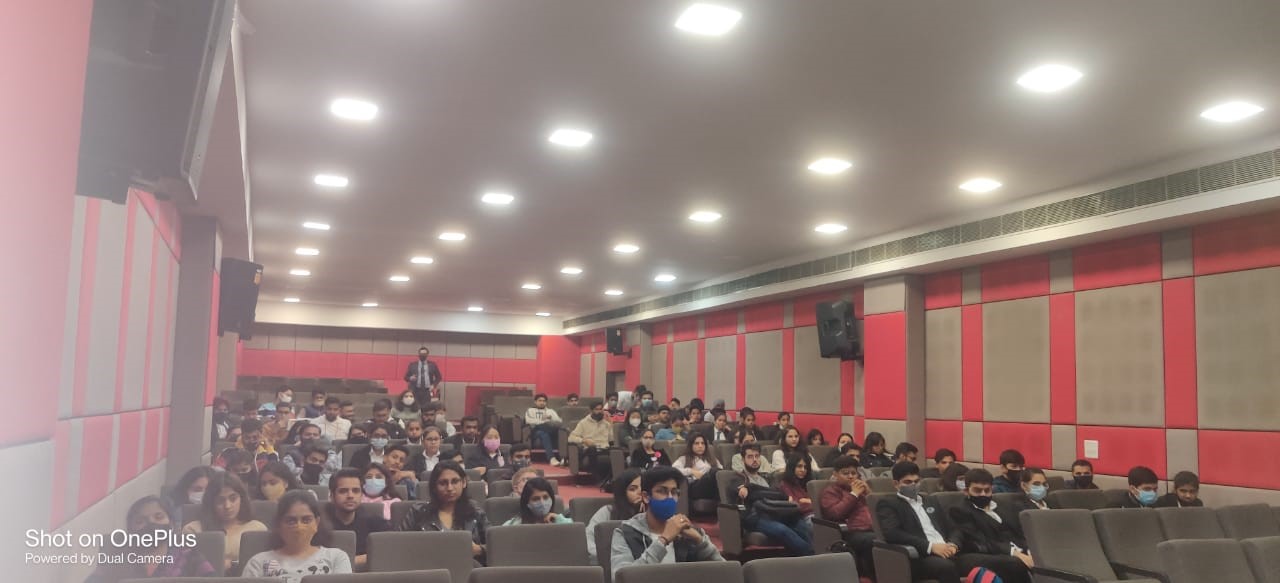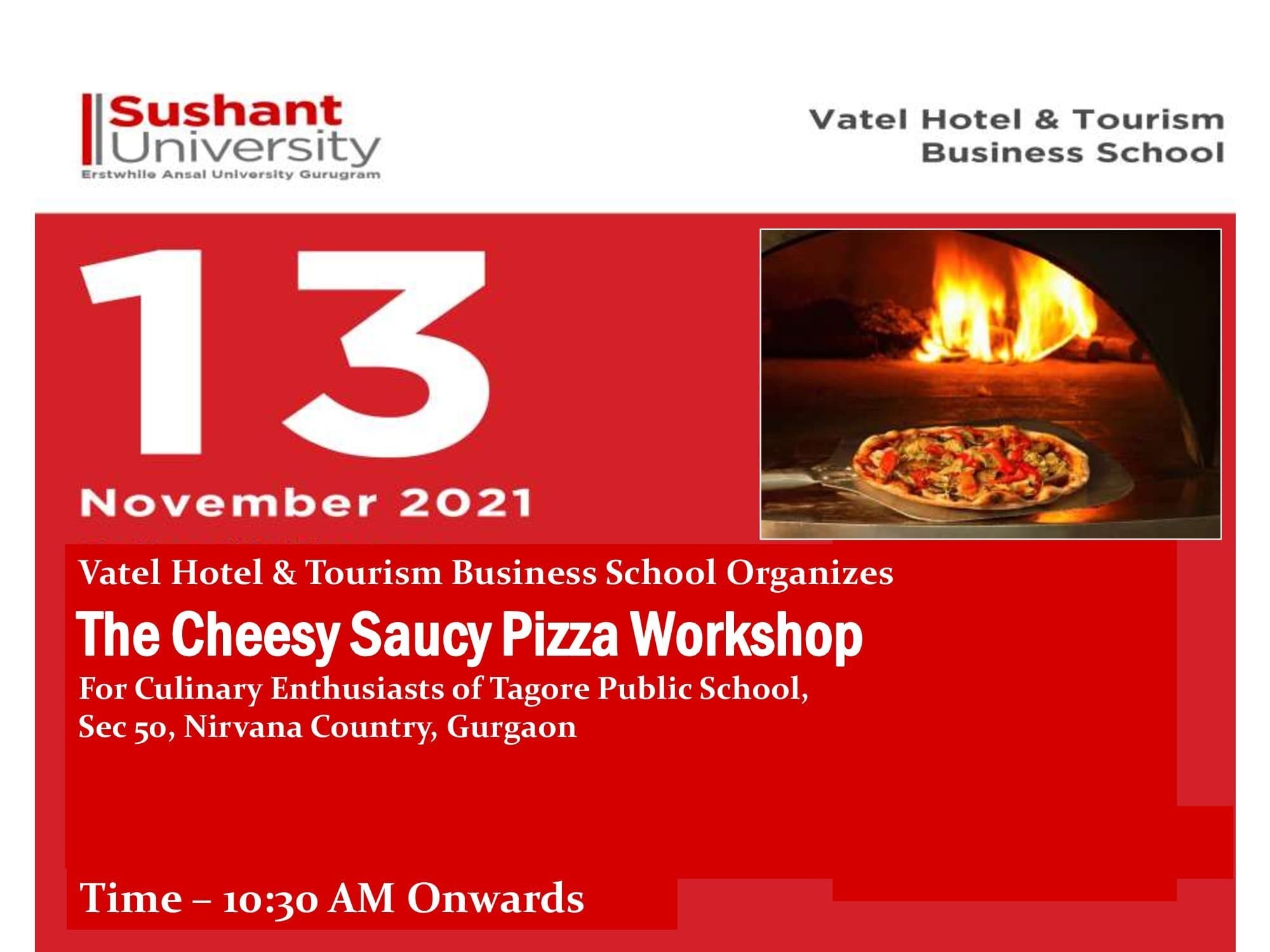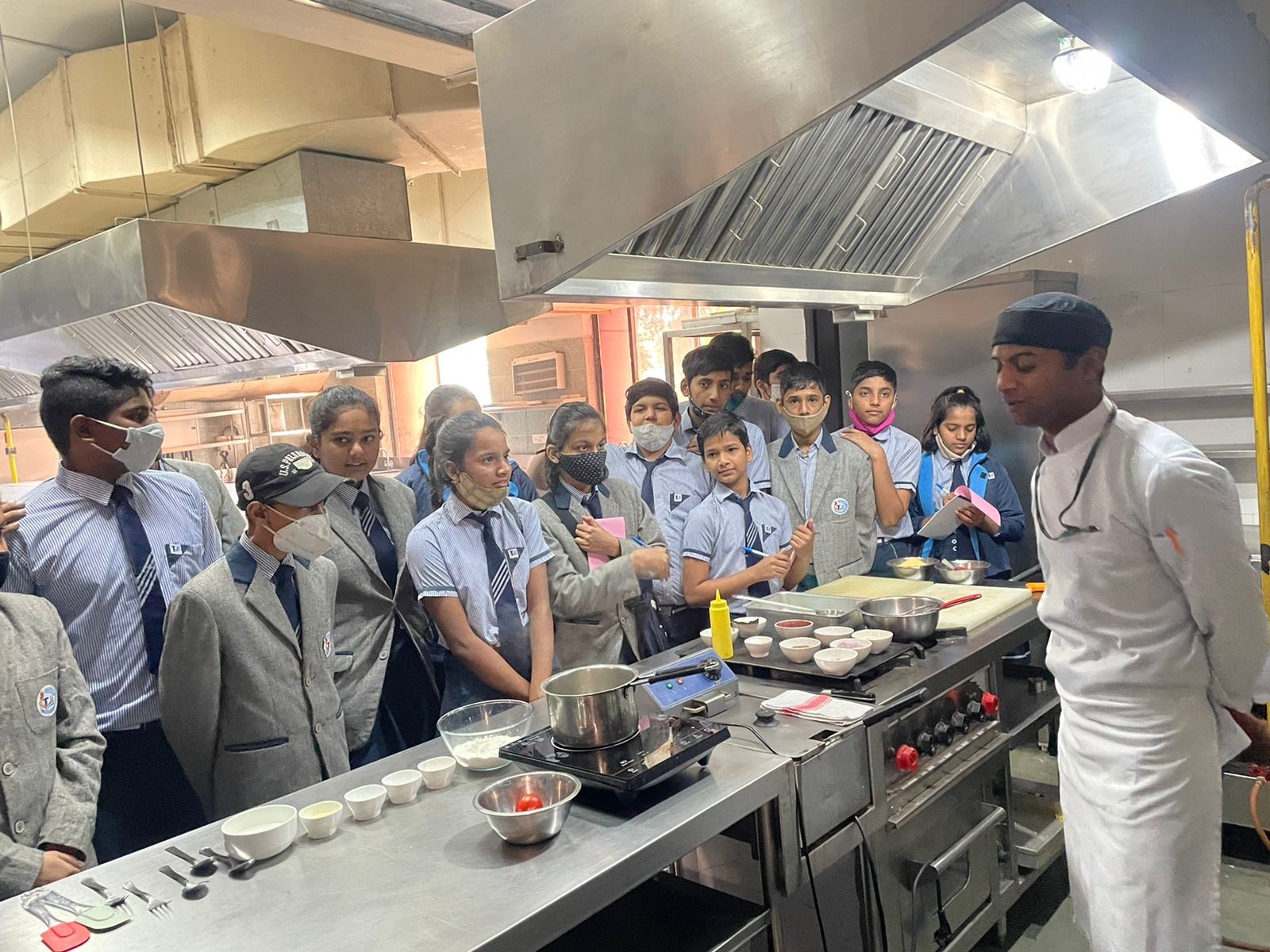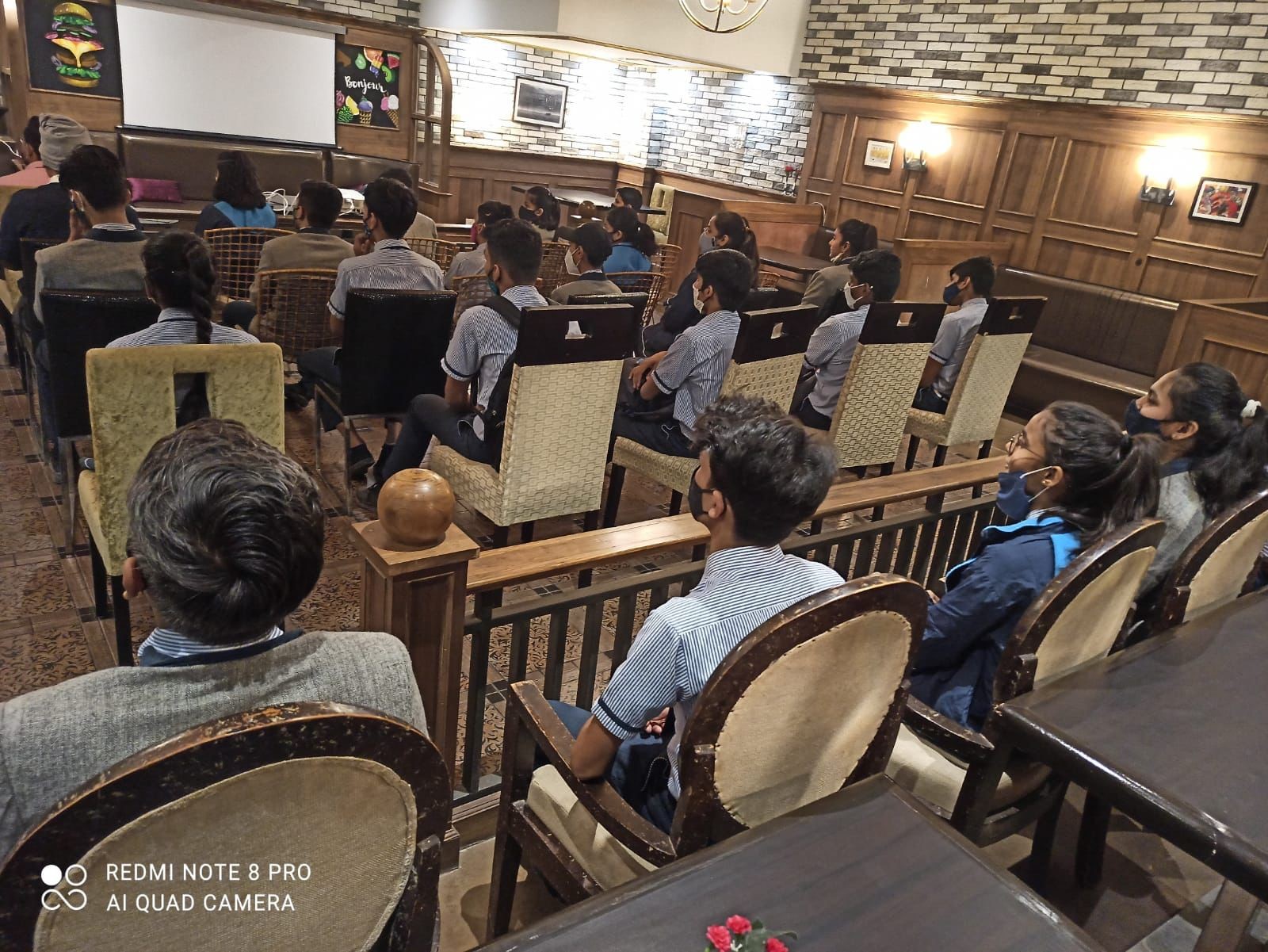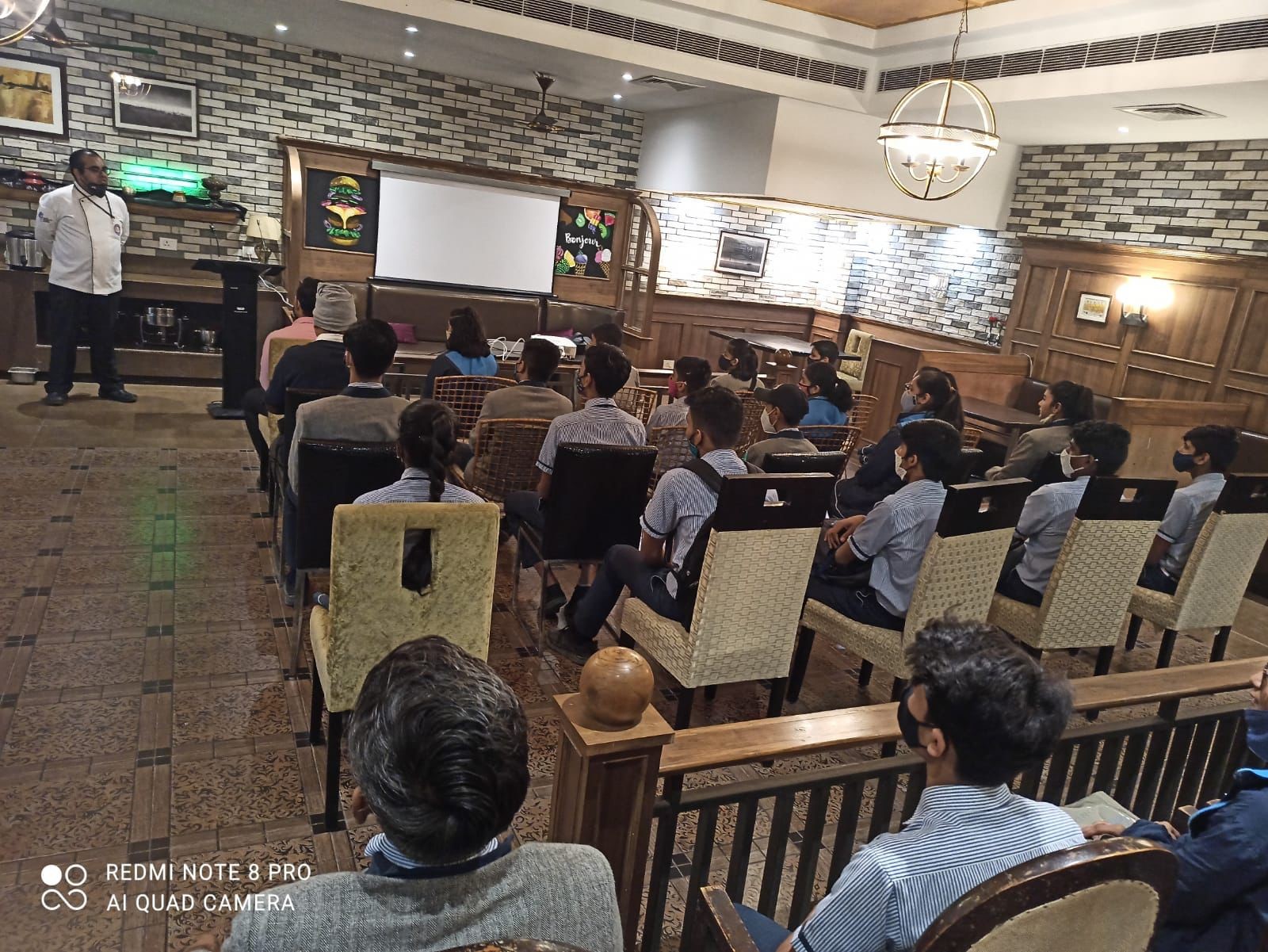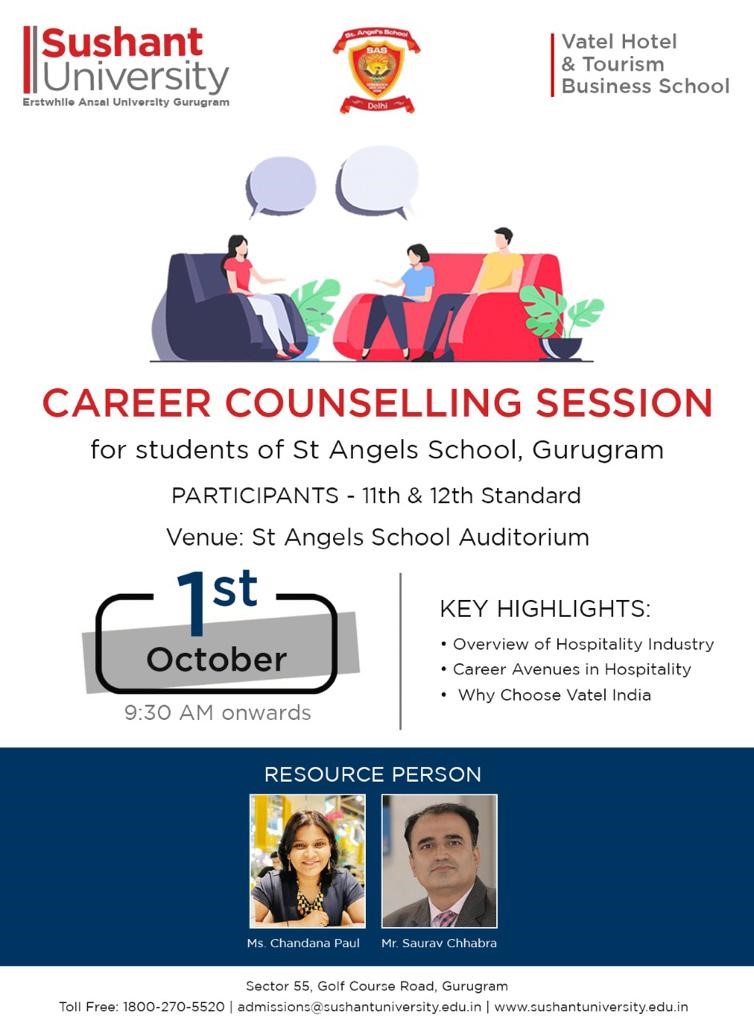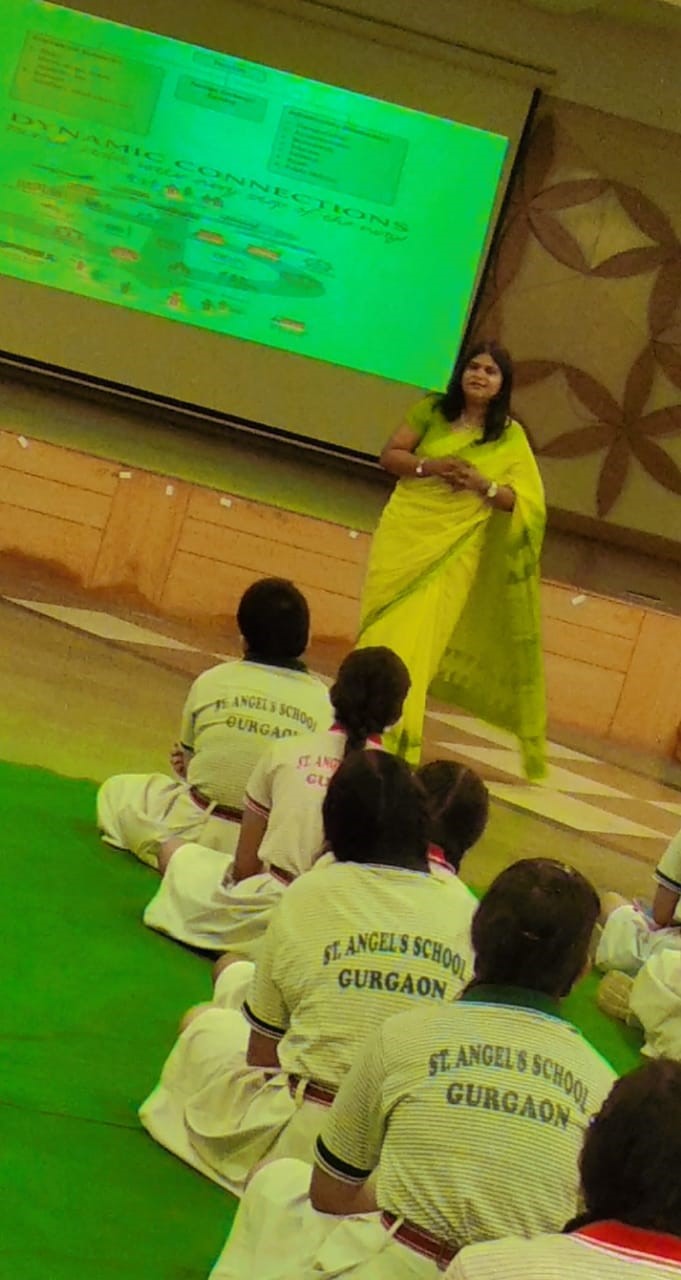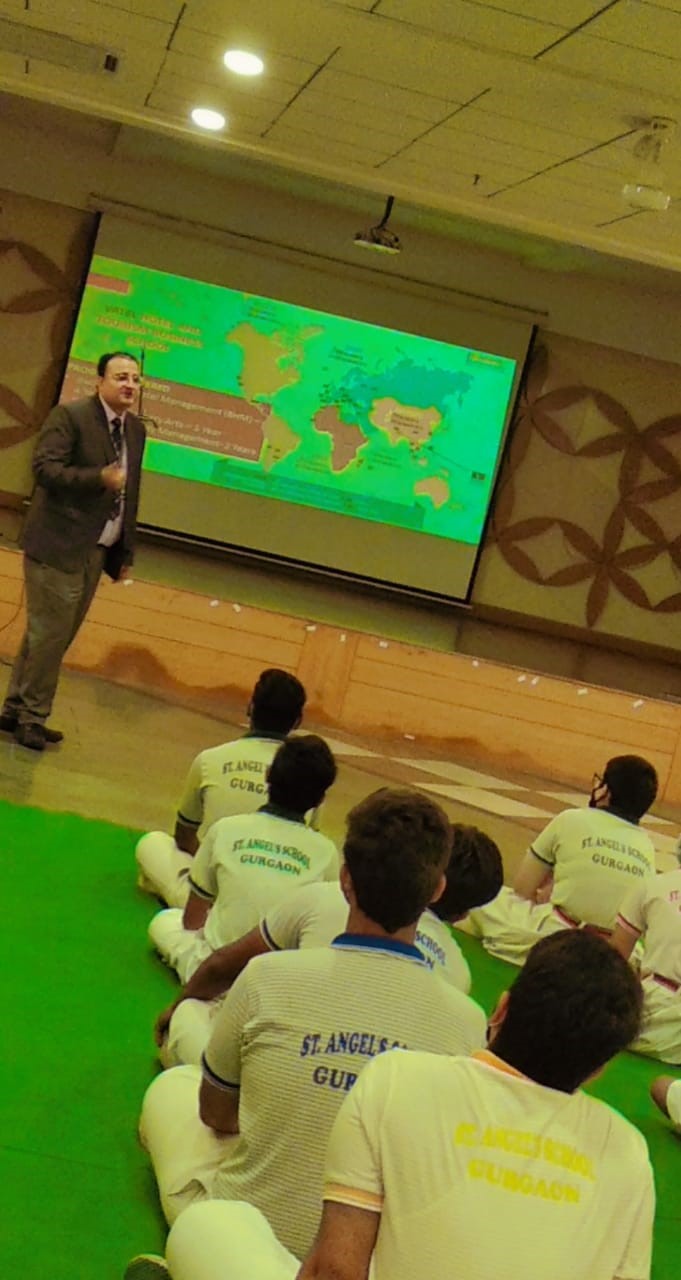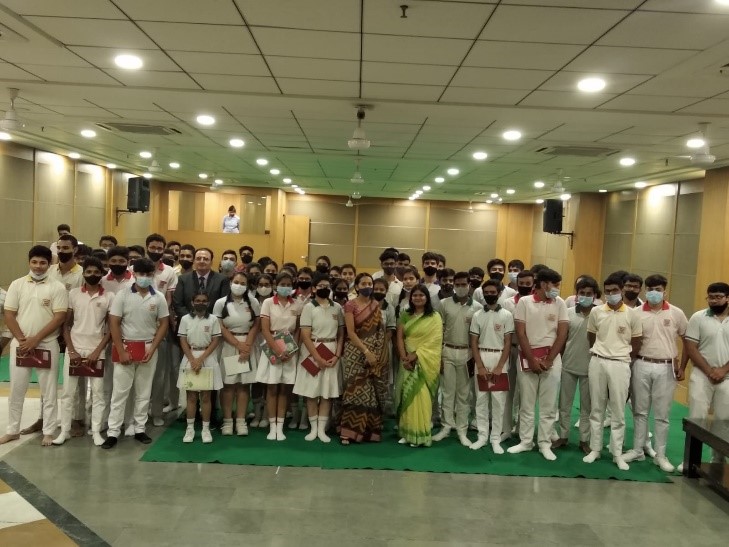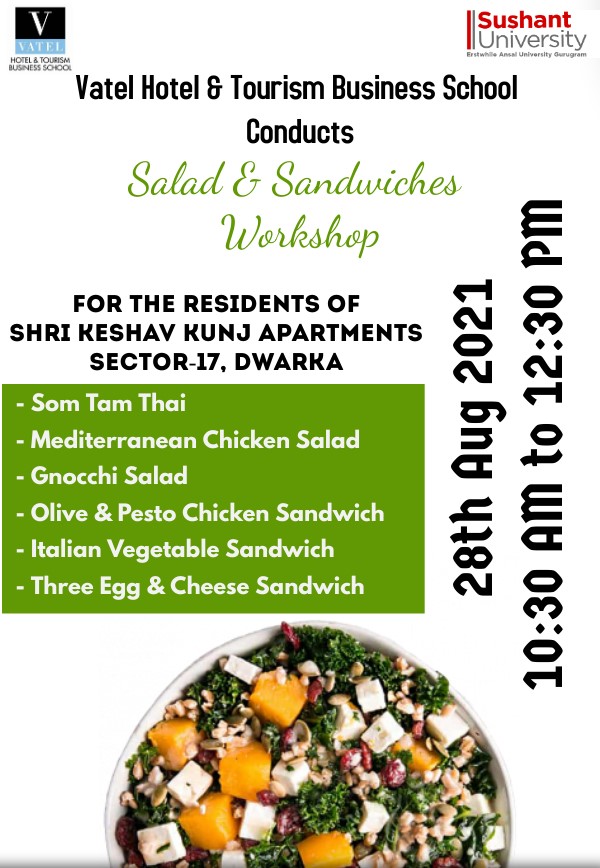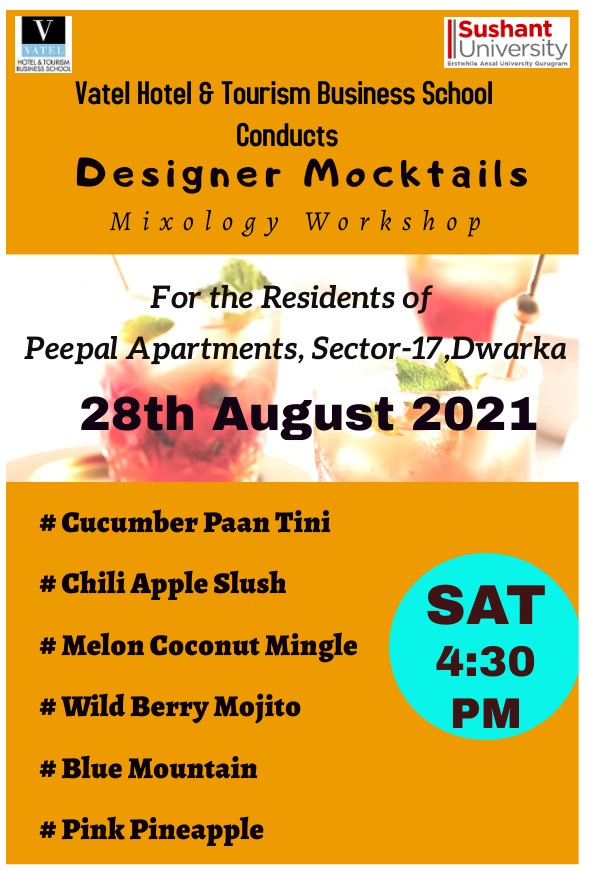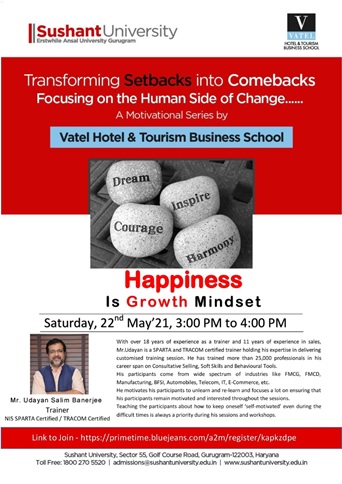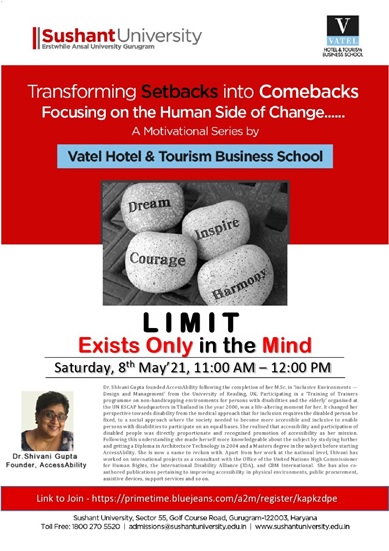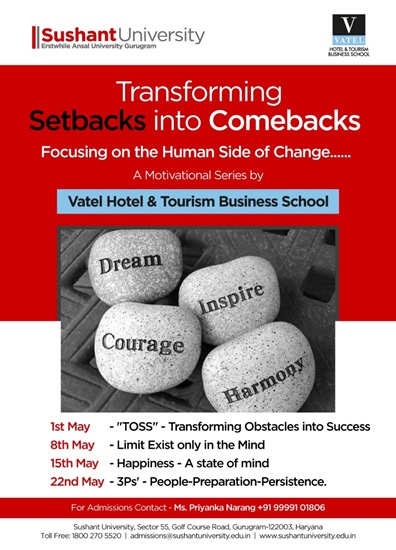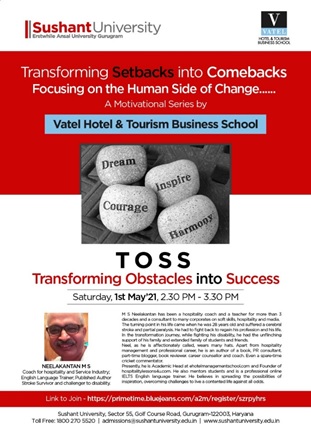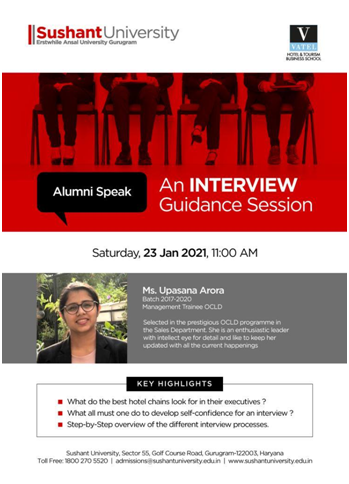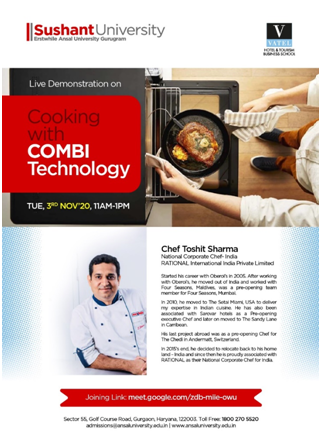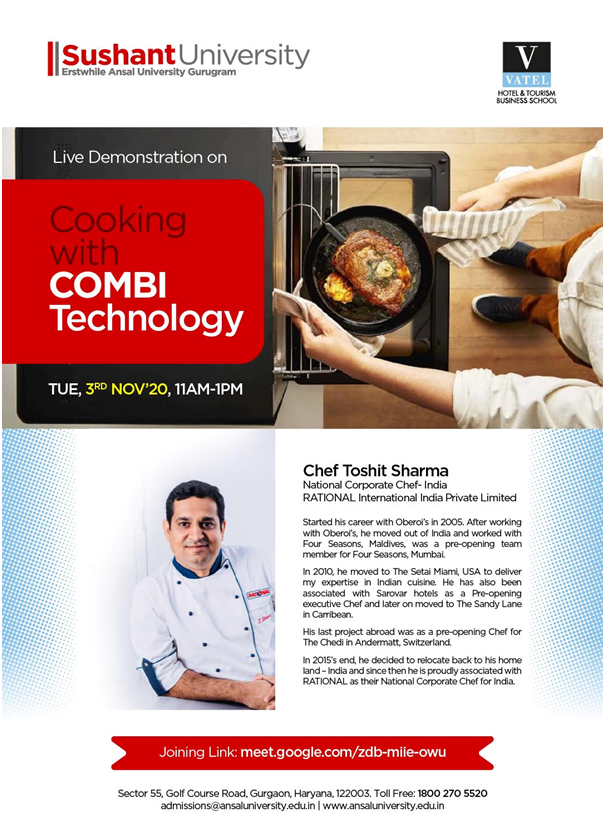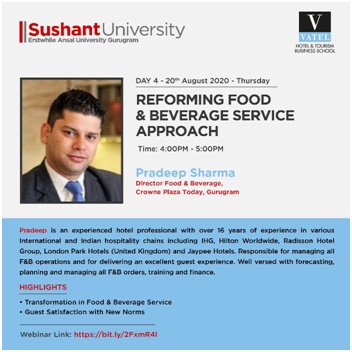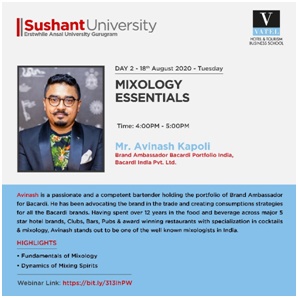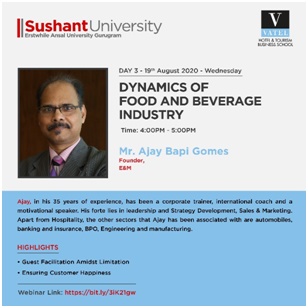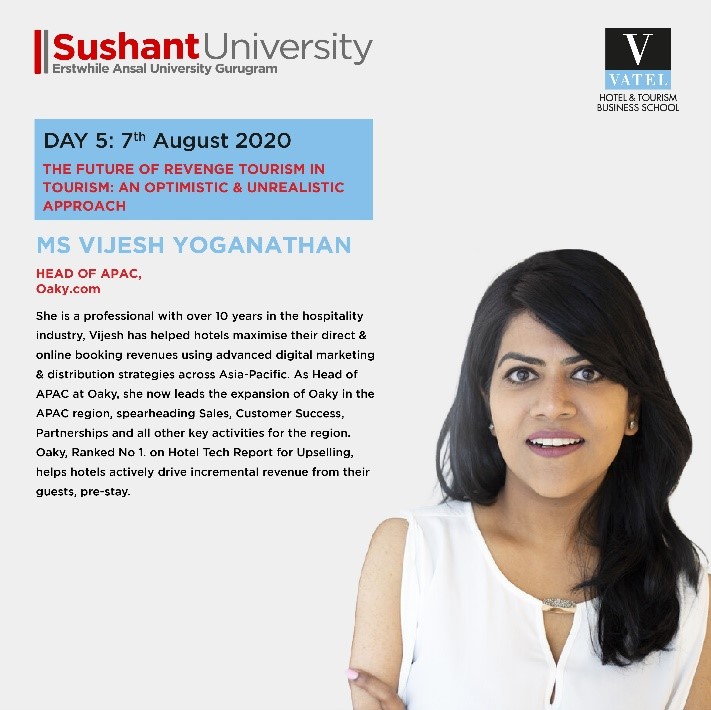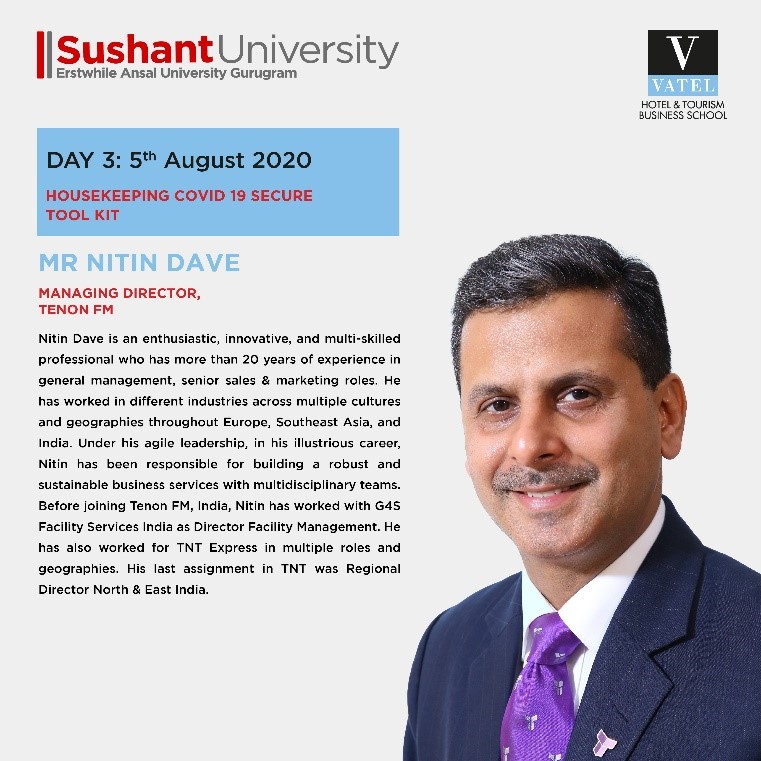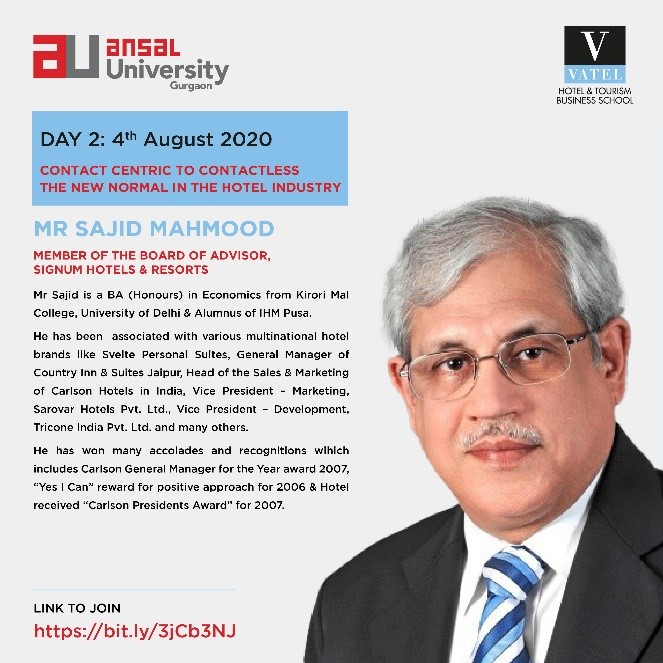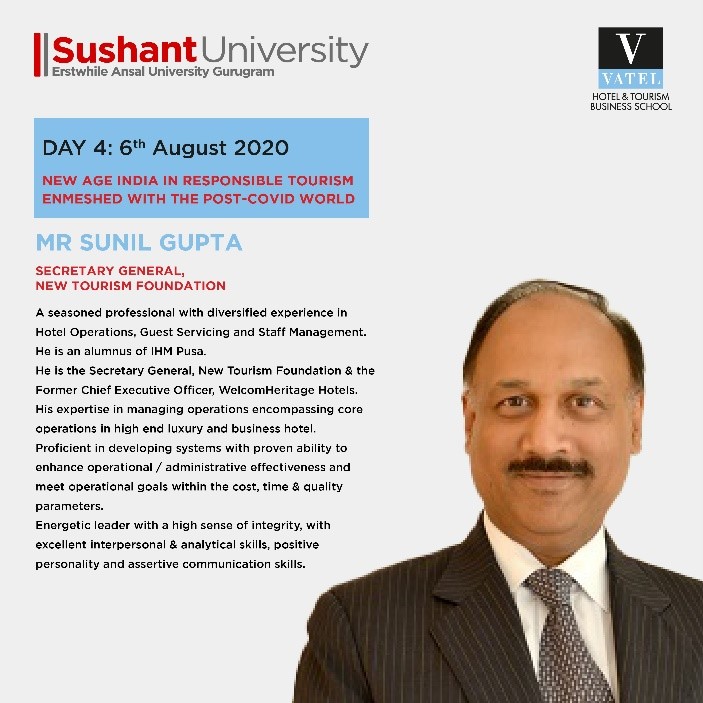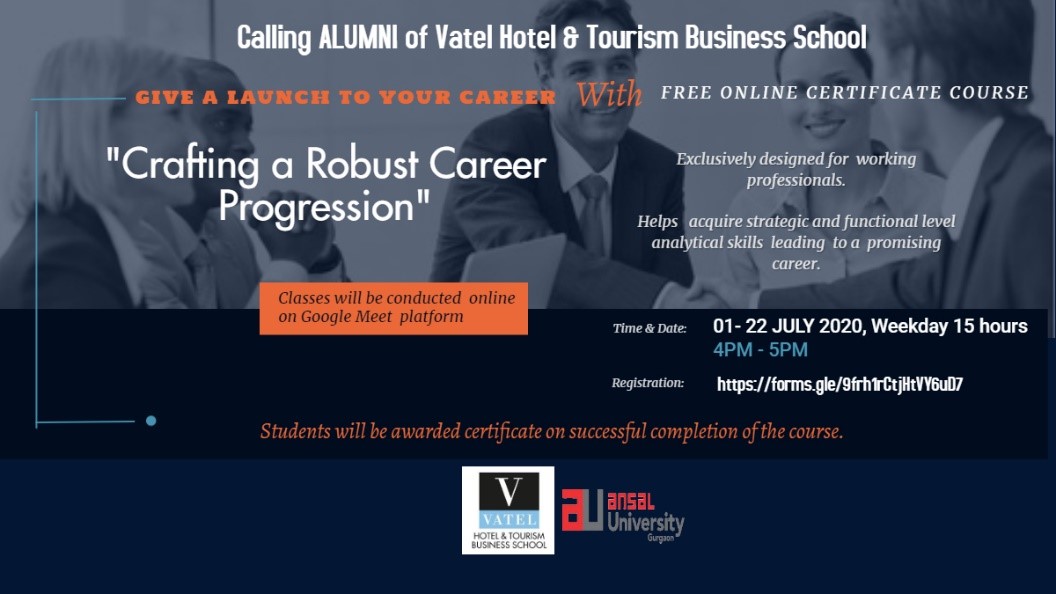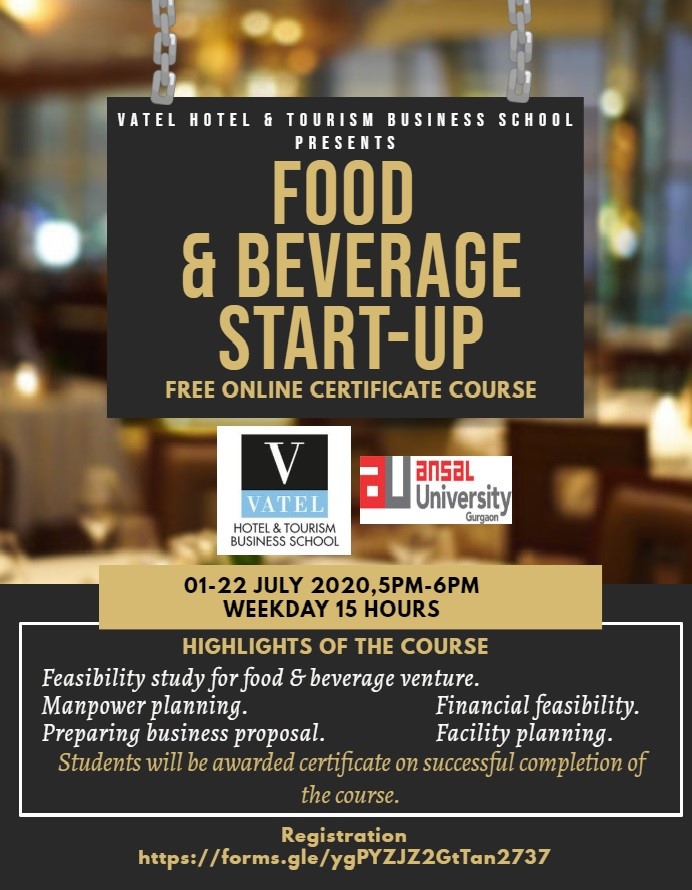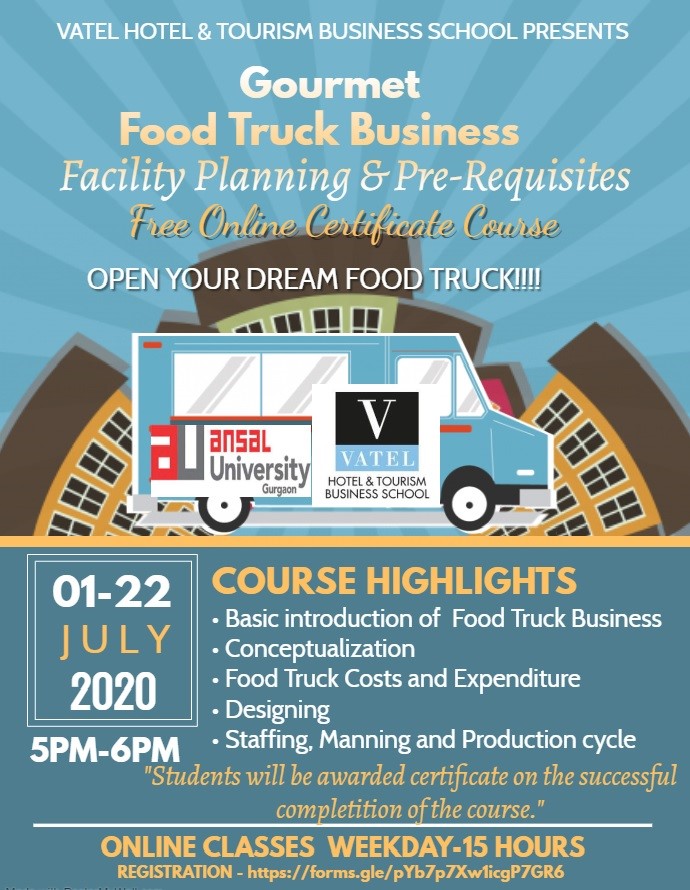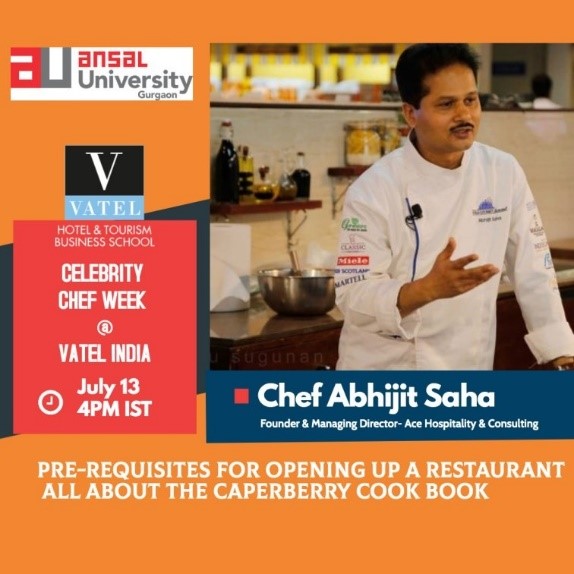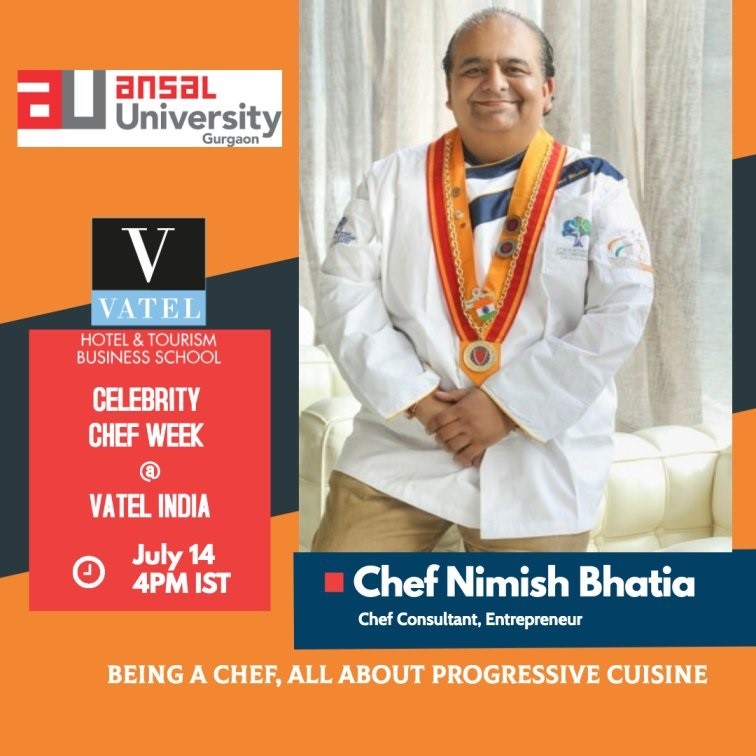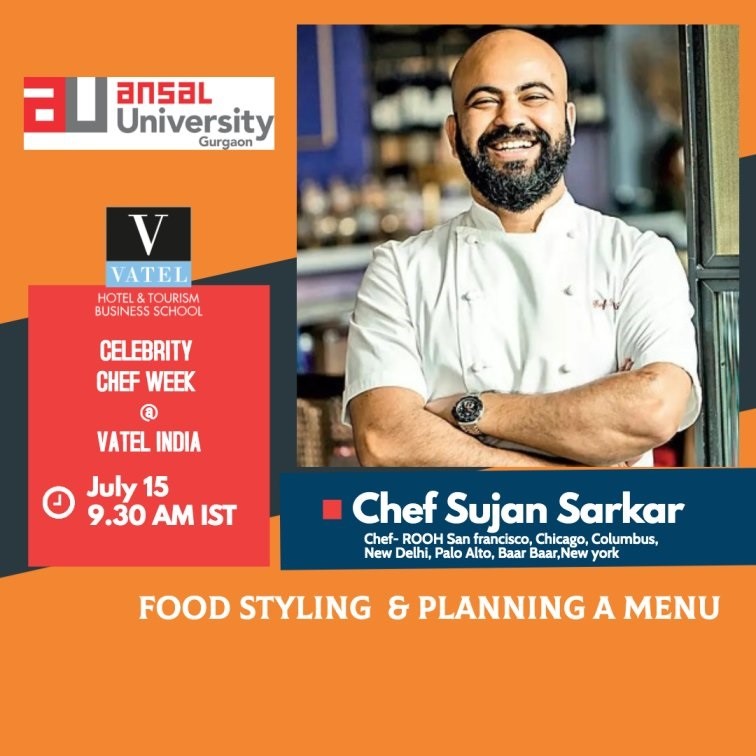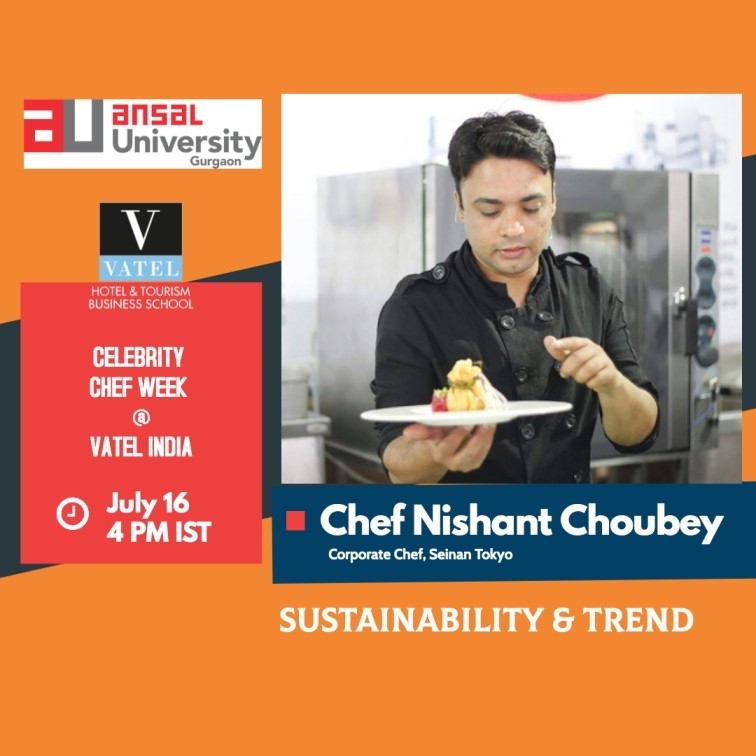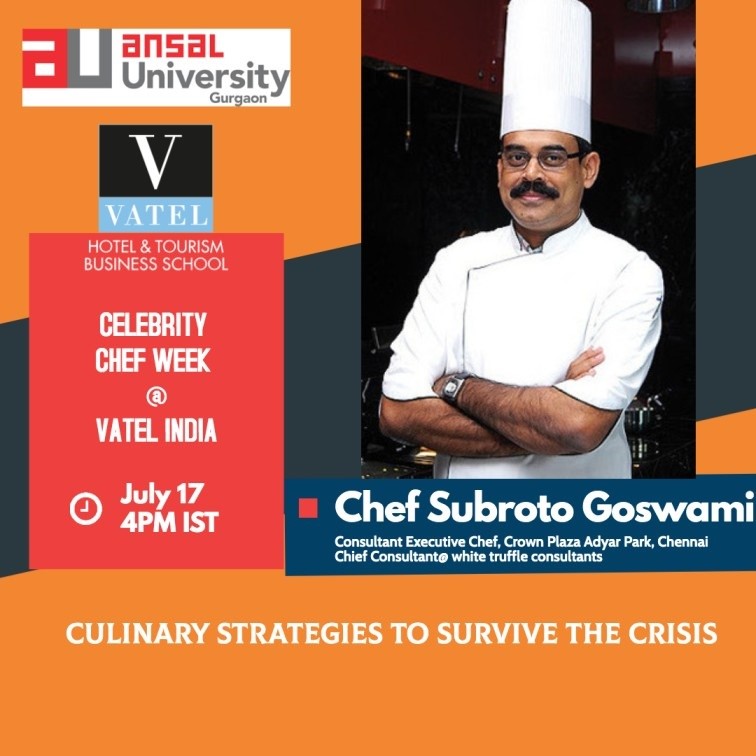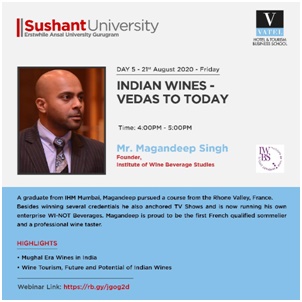
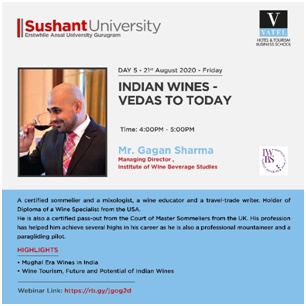
India is poised to be the largest producer and consumer of Wines.
By Gagan and Magan – Sommeliers of international repute.
Who says wines in India are have no history and are considered to be relatively new beverages which still need to catch on to the roots? Fact is that our ancestors in India started partaking of wines almost 1000 years ago, in an era when none of the European countries even existed or when the thought of making wine from the magic grapes even crossed their minds.
“Samudra Manthan” of the Indian mythology, which consisted of churning of the seas to extract 14 precious jewels and the ‘nectar’ for Gods, deities and divinities, signified amply that the nectar was actually a type of wine, which was deemed to be the ‘Elixir of life’
Not only this, Gagan went on to further re-inforce this fact by tracing the trail of this beverage to the days of the recipe of the ‘Nectar’ having been developed, brought to the Kings’ palaces and even fed to the horses and elephants who were used to wage wars on enemies.
Later on in during the medieval times, Chandragupta Maurya allowed the consumption of the same for people at large – in open places and even imposed a percentage of tax on it. Upon the overwhelming increase in the general liking of the beverage, innovation took place and wines were made having flavors from fruits like grapes, apples, plums, berries, pomegranates, apricots, and kiwis.
Later on Babur, the Mughal emperor encouraged this beverage all over the Indian subcontinent, which covered a far more area than what we can see in our modern times. Jehangir, (1628) Noor Jahaan, his brothers further carried on the legacy and promoted the wine having the finesse and subtlety of a good beverage.
“Punjab and Gujarat were fertile grounds, having the soil, water and the weather conditions conducive for the growth of a large variety of grapes” there was no refrigeration the wines used to be consumed the moment they were ready for consumption and they were considered to purify the bodies and kill the germs.
Palatial courts having a strongly protected, private vineyards called ‘Angoori Bagh” were thus encouraged to develop the grapes and wines destined to be consumed by the royal families. Mirza Ghalib later on, a staunch consumer of wines, who in his rather profound prose used to write about the qualities of wines, शराब पीने दे मस्जिद में बैठ कर या वोह जगह बता दे जहां खुदा नहीँ।
In 1883, during the British Raaj when Calcutta used to be the capital of India the British further encouraged the wine culture and further spread its consumption to the different parts of India. “it was in 1883 that Champagne was developed in Calcutta” confirms with a smile on his face, the sommelier Gagan.
The advent of the British put many curbs upon India and the control of Indians over the vineyards and farmers, saw a steep decline as this beverage came up to be reserved only for the ‘white skinned’ aristocracy and thus, unless presented to the Indian Maharajas, exported to Britain. This almost brought to nil the domestic consumption, leading therefore to it being wiped out from the Indian bars and from the Indian homes.
Thus came about the Leave India Movement and after the independence, the consumption grew up in the form of Old Monk Rum which appeared in 1954 and, till date, is the most preferred beverage of many of Indians. The initial Indian wines comprised of brands like Sula, Grover, Chateau Vintage, ND Vintage followed by the ‘second innings’ which brought in York, Révélo, Vallonne, Fratelli (in Italian meaning ‘brothers’) and KRSMA. Other brands consisted of Mycra, Soma, Charosa, Good Drop, Oakwood and renaissance.
Wines started spreading in India and were seen being consumed everywhere on the local map. Looking at the growth of wines, the international wine producers found India to be a great rising market and introduced wines from Australia, the USA and Italy – some of the popular brands consisted of Chandon, Chardonnay etc.
Rise of the WINE TOURISM in India. The different wineries in India, by virtue of having immaculately manicured vineyards, spick-and-span, ultra clean and hygienic processing units have now have assumed the status of exciting touristic spots, not only for the Indians, but also from foreigners from almost all the continents of the world. These boutique vineyards have luxurious rooms, excellent amenities, recreation facilities, good spread of cuisines, and, indeed, a large spread of wines, some of them are served ‘on the house’. These vineyards are environment friendly as most of them do rain harvesting and run their plants on solar power.
Karnataka has emerged as an important state for wine as the water remains on the ground for a longer time, sees a new potential and is now growing grapes with cuttings from Bordeaux region.
The future of wines in India is great as the youngsters are getting used to it and 60% of the world’s ‘young population’ lives in India. All eyes are on India as we are grooming ourselves to be the world’s largest producer and consumer of wines, says a Magan, who is a young sommelier himself…
